Tue 14 May 2019 •
Building resilience: Permaculture and sustainable development
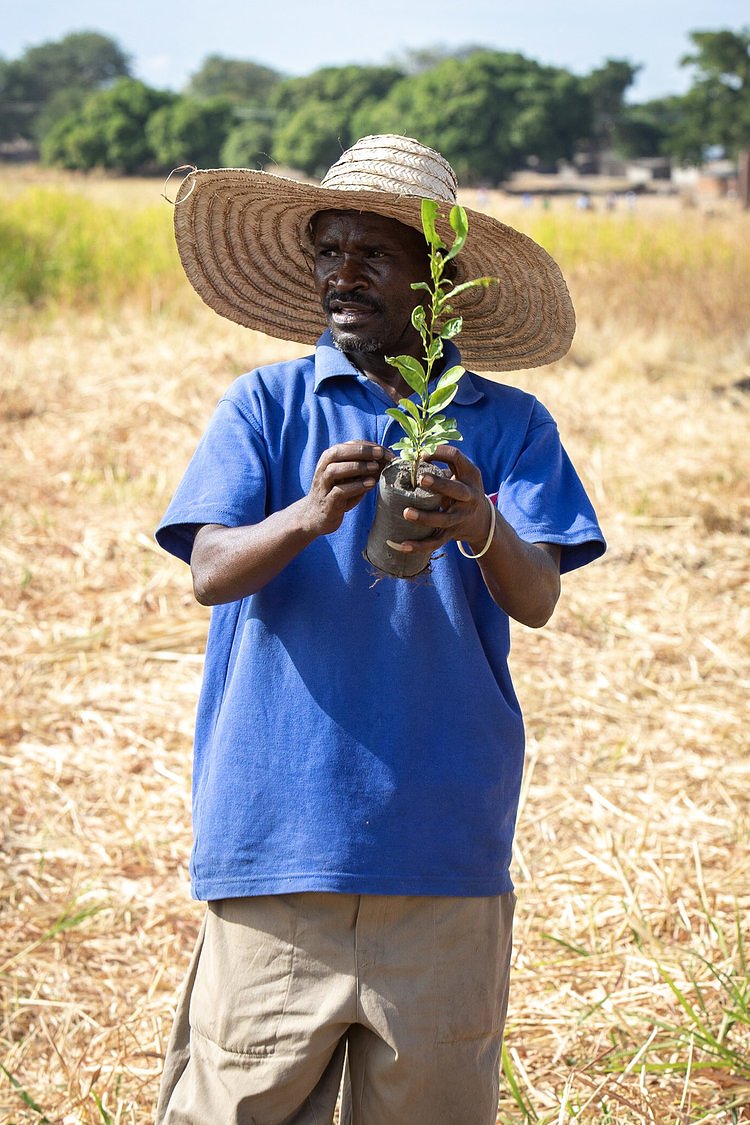
Created in 2017 and officially launched in 2018, the project aims to educate and empower the Malawian people in their own agriculture efforts. Through a combination of education, demonstration and training, the project aims to empower the Malawian people to be more independent and self-sustaining through agriculture.
“A good farm will be the supplier of the food for the community” – Victor, Naturally Africa Foundation
--
In May 2018, Impact Marathon Series held its inaugural Malawi Impact Week event in Nkope Mission 
In just one week, 40 new faces will arrive to continue what was kicked off a year ago.
A country of 18 million people, agriculture is an anchor for the Malawi people. 80% of Malawi’s food is produced by smallhold farmers, and agriculture is by far the country’s biggest source of income in foreign trade. People across the country rely on home or locally grown products such as maize to both feed their families and create income.
As a whole, agriculture makes up 30% of Malawi’s GDP and is its best bet for delivering positive and lasting change for its people.
However, many factors create instability for Malawi’s agricultural yields.
A practice passed down from generations, “old-school” farming techniques such as mono-cropping and land burning have led to a decline in the quality of farming soil and rendered much of Malawi’s open farmland either malnourished or infertile.
The fields in 2018 as we launched the Agricultural project at Malawi Impact
Larger farming institutions promised a miracle fix for barren land in the form of expensive fertilisers, thus creating a cycle of reliance rather than fixing the problem at its source. And as a pricey investment, most smallhold farmers cannot afford the fertilisers in the first place.
Without a sustainable and natural solution to this problem Malawi’s land will continue to yield fewer crops over time, and the poorest are hit the hardest.
Victor teaches the Impact Runners about his work
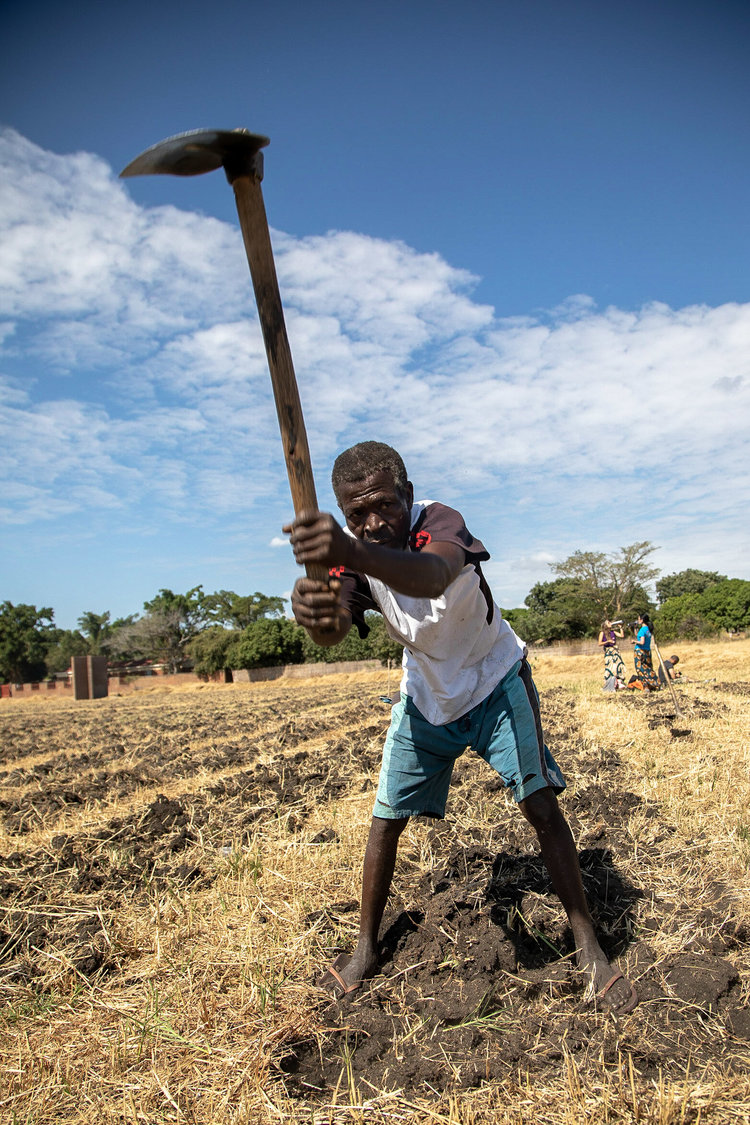
Organisations such as Naturally Africa have long seen a huge potential to drive positive change for Malawi’s people through improving agriculture techniques.
Permaculture, a concept which originated in Australia in the 1970s, is the foundation from which the Naturally Africa agriculture project has grown, with the vision to support individuals in the sustainable development of their own farms to both feed their families and generate income through the selling of excess supply.
Created in 2017 and officially launched in 2018, the project combines education, demonstration and training to empower Malawians to be more independent and self-sustaining through agriculture.
Together with the Impact participants in 2018, the Naturally Africa agriculture project officially launched, breaking ground and planting trees on the first two hectares of land. With a total of twenty hectares to work with, Naturally Africa is working to cultivate the once barren land into fertile ground in which they will demonstrate permaculture techniques for education and training to the local community. Over time, the crops grown in this space will generate enough revenue to expand the project to neighbouring villages.
The fields in 2018 as we launched the Agricultural project at Malawi Impact
This work puts us at the forefront of three major Sustainable Development Goals:
#1 No Poverty
#2 Zero Hunger
#3 Good health and well-being
Check back later in the week to see exactly how this work contributes to these goals, and how by bringing the abstract alive on a grassroots level we can truly see our power to achieve the Sustainable Development Goals.
The fields in 2018 as we launched the Agricultural project at Malawi Impact

Related posts

Tue 10 Sep 2024 • Liza Kershaw
Introducing Commit to Impact: What You Need to Know
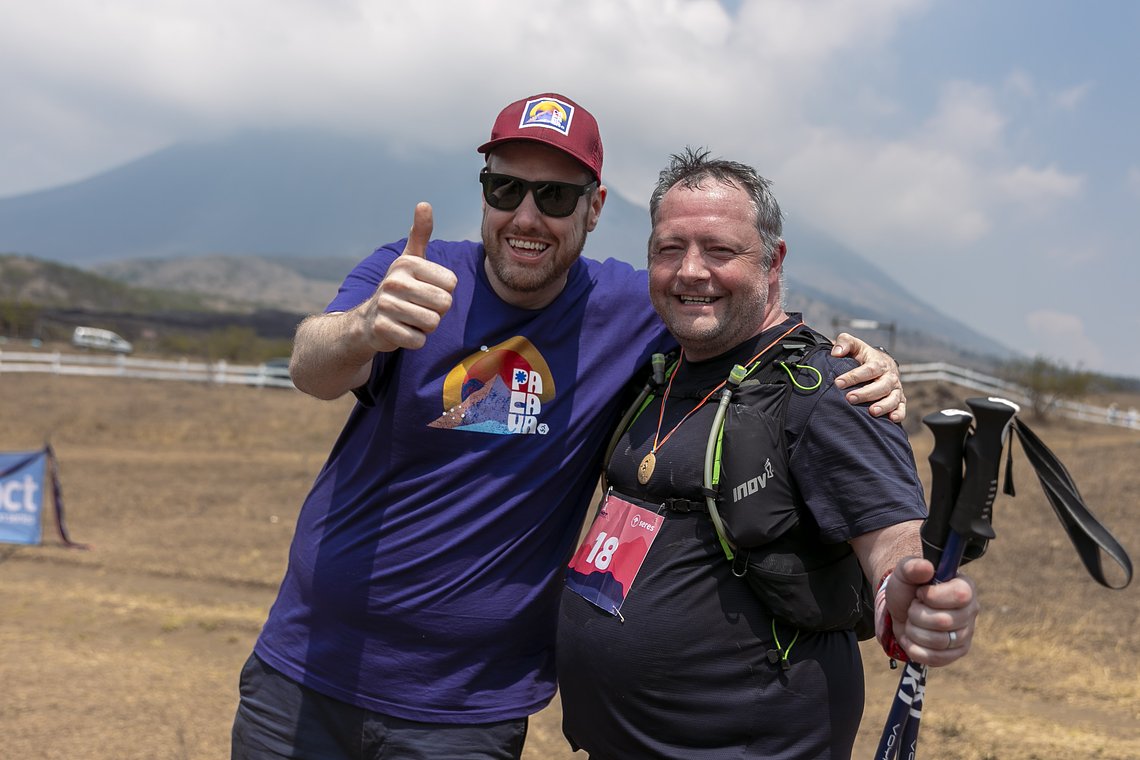
Tue 13 Aug 2024 • Liza Kershaw
The heartbeat of Impact: stories of connection and unity at Impact Marathon
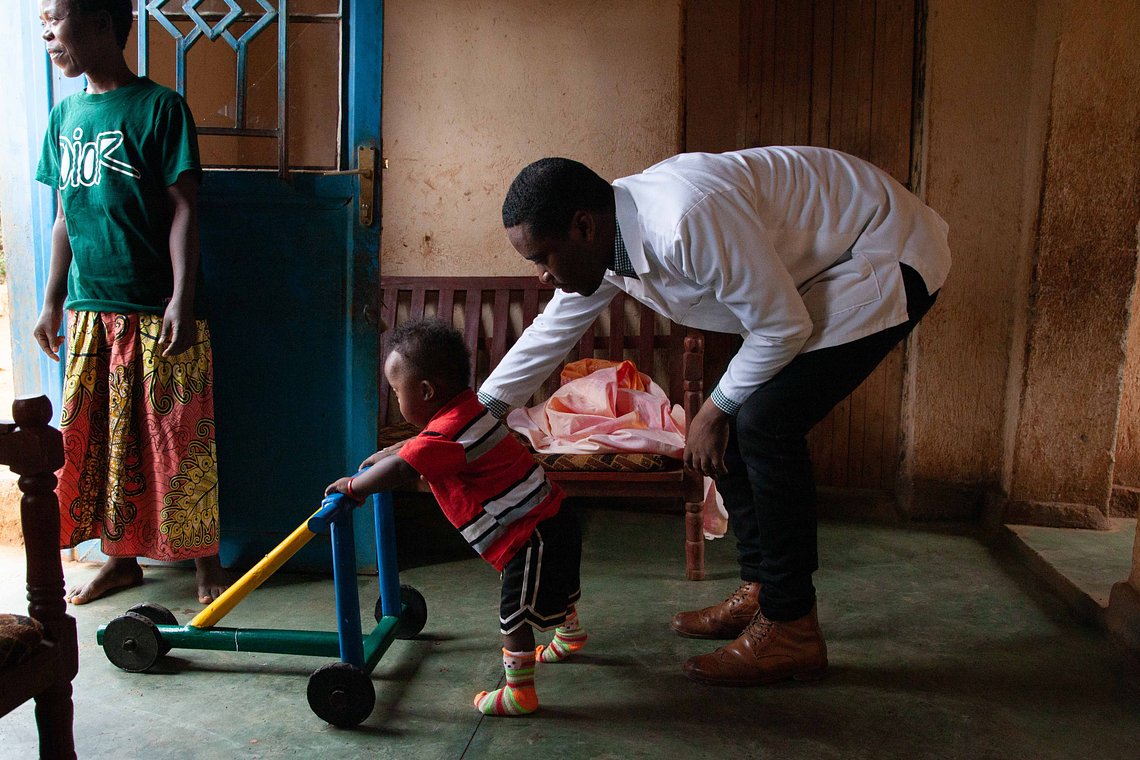
Tue 16 Apr 2024 • Liza Kershaw
fundraising: london marathon to impact marathon
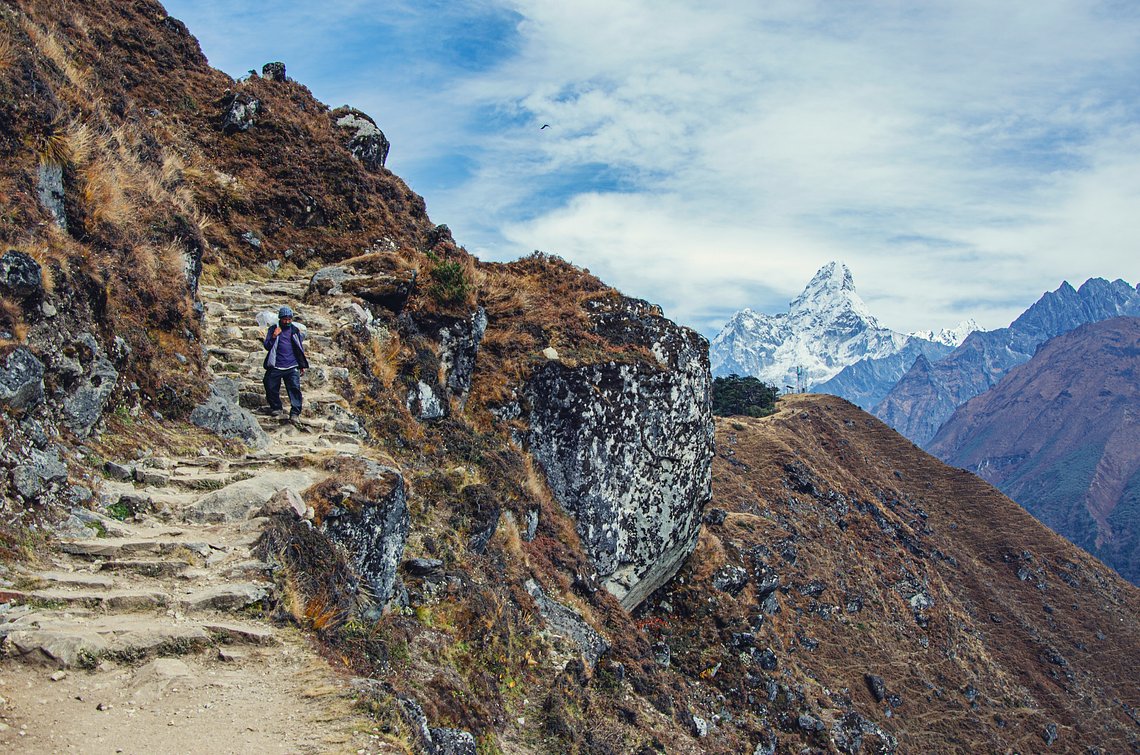
Tue 16 Apr 2024 • Liza Kershaw
the power within
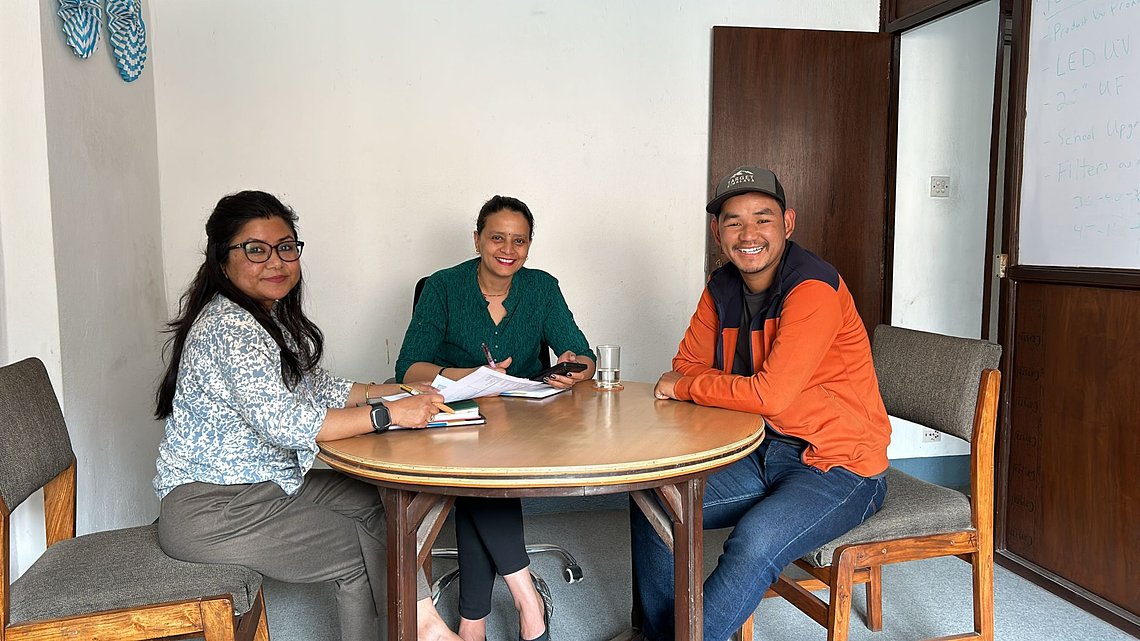
Mon 15 Apr 2024 • Nick Kershaw
beyond the finish line: sustaining impact between marathon events
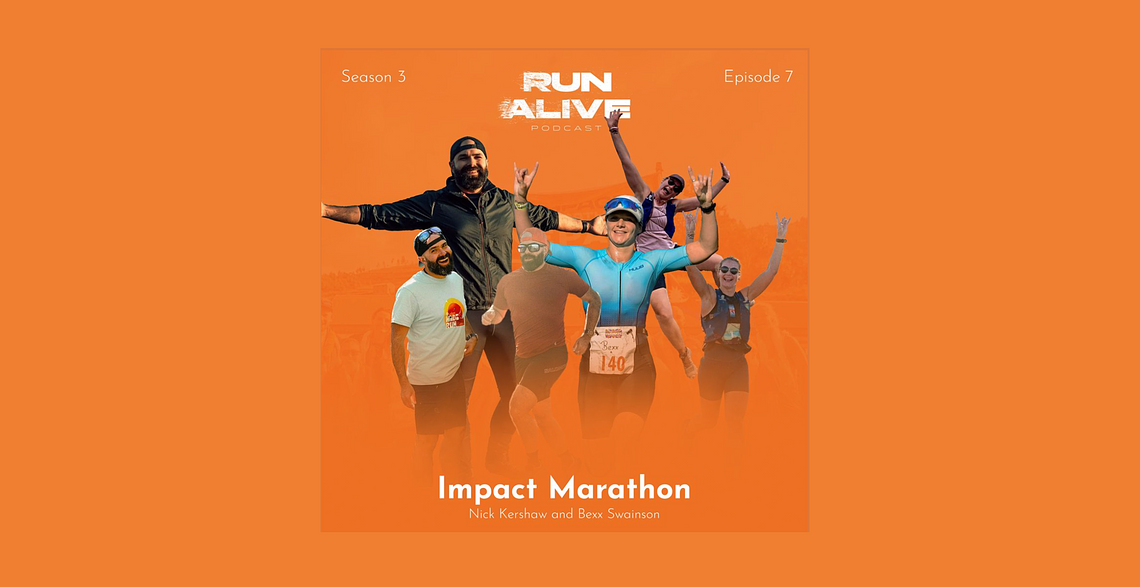
Tue 9 Apr 2024 • Liza Kershaw
run alive: hear from an impact runner
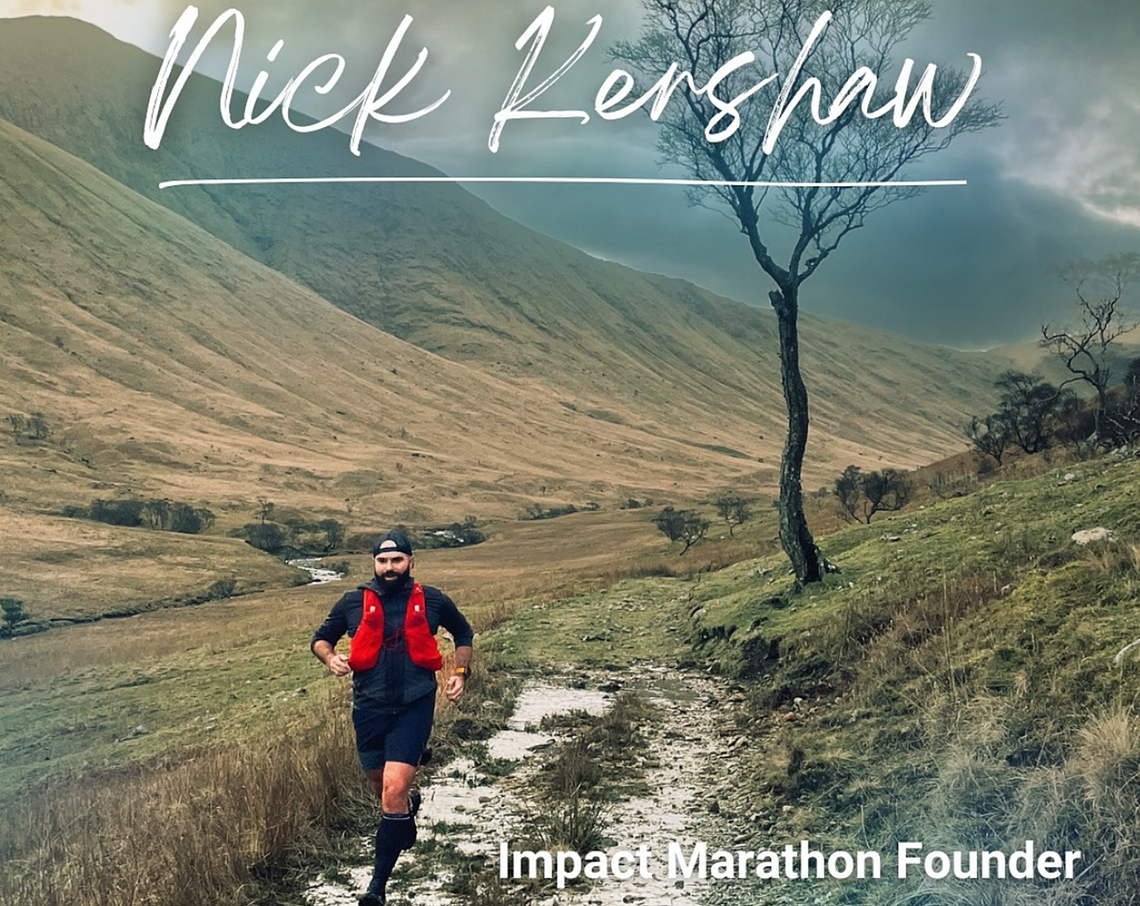
Tue 26 Mar 2024 • Liza Kershaw
inspired soles: Nick Kershaw | impact marathon founder
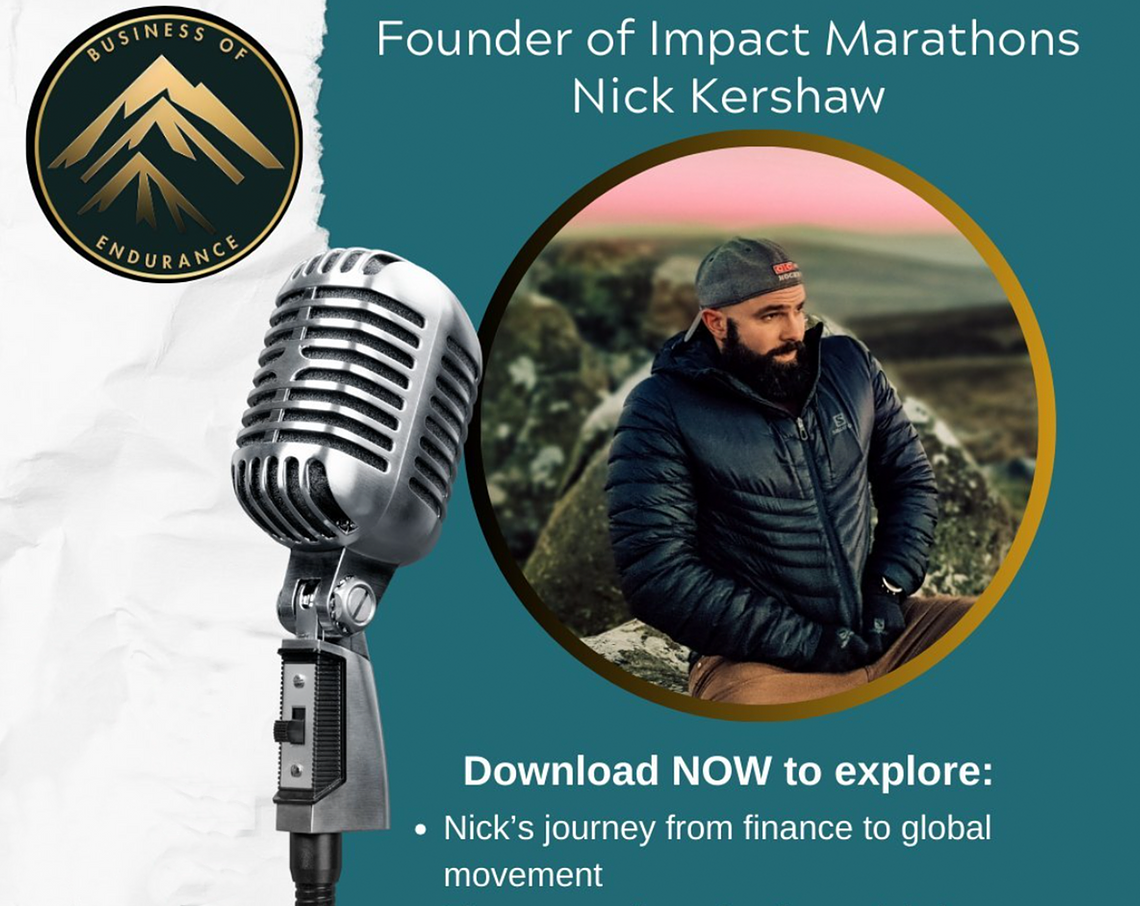
Tue 26 Mar 2024 • Liza Kershaw
business of endurance: the transformative impact of community-driven marathon events

Tue 26 Mar 2024 • Liza Kershaw
the running public: interview with founder, Nick Kershaw

Mon 18 Mar 2024 • Nick Kershaw
impact stories: guatemala beyond the headlines

Mon 18 Mar 2024 • Nick Kershaw
Introducing Global Impact Challenges: The Next Step in the Journey of Impact Marathon
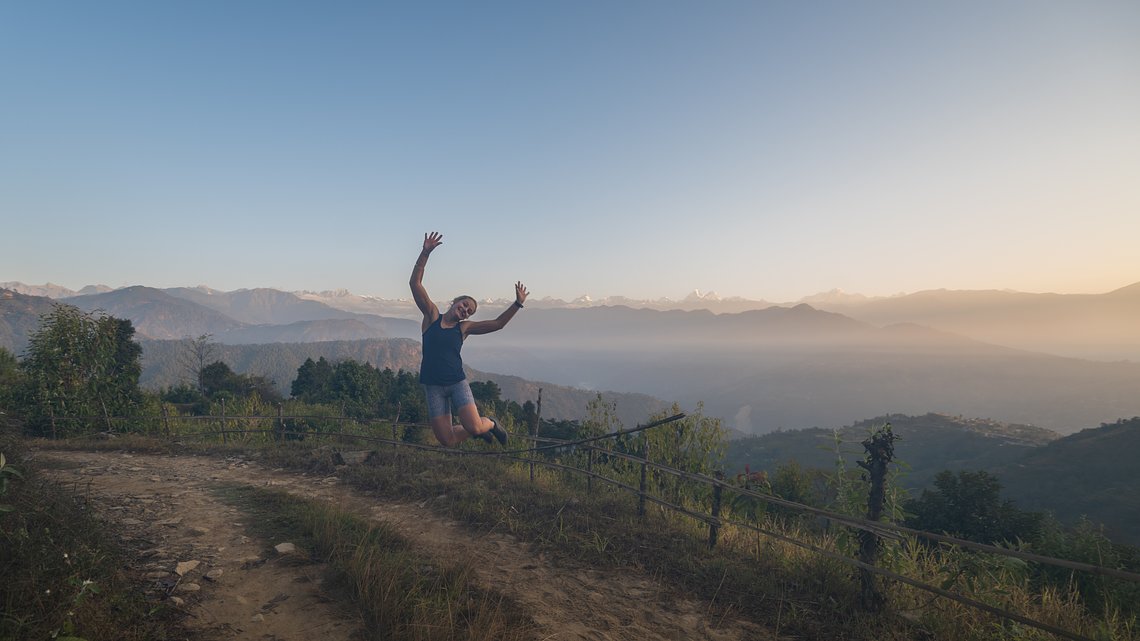
Mon 26 Feb 2024 • Liza Kershaw
impact stories: the power of unity
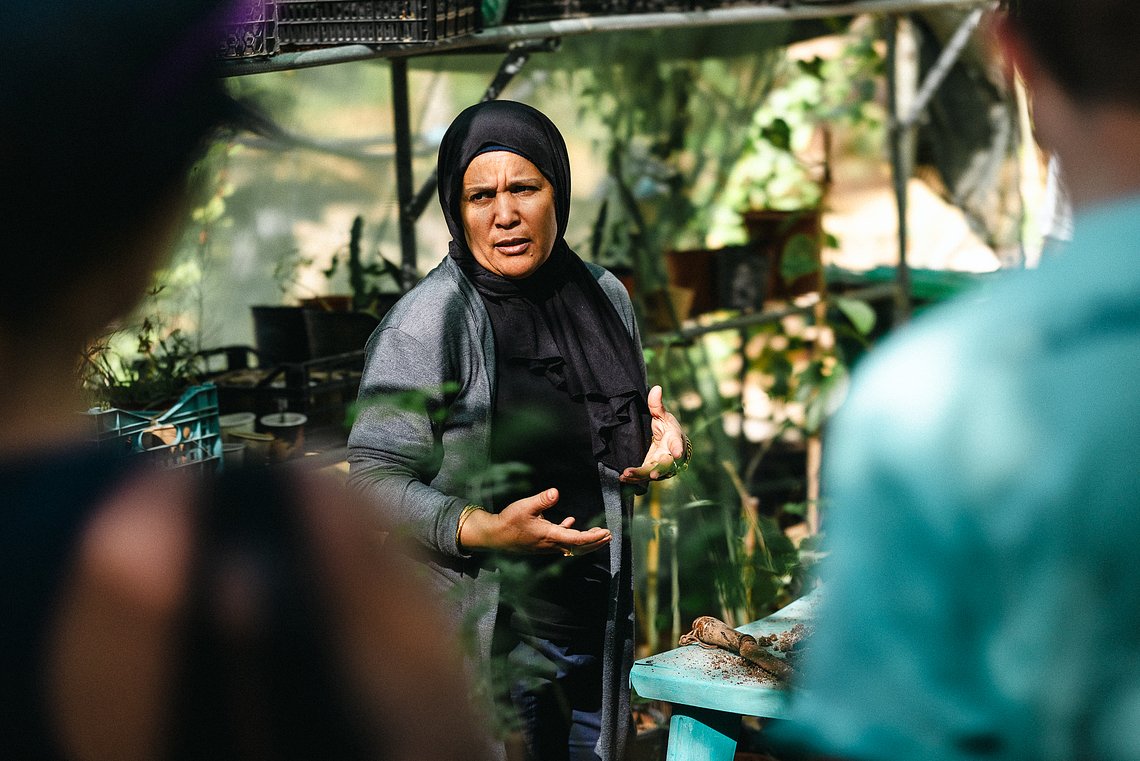
Thu 22 Feb 2024 • Liza Kershaw
impact stories - desert to oasis: the greening the desert miracle

Tue 20 Feb 2024 • Liza Kershaw
2025 Guatemala Impact Marathon: A Thoughtful Stride into the Future
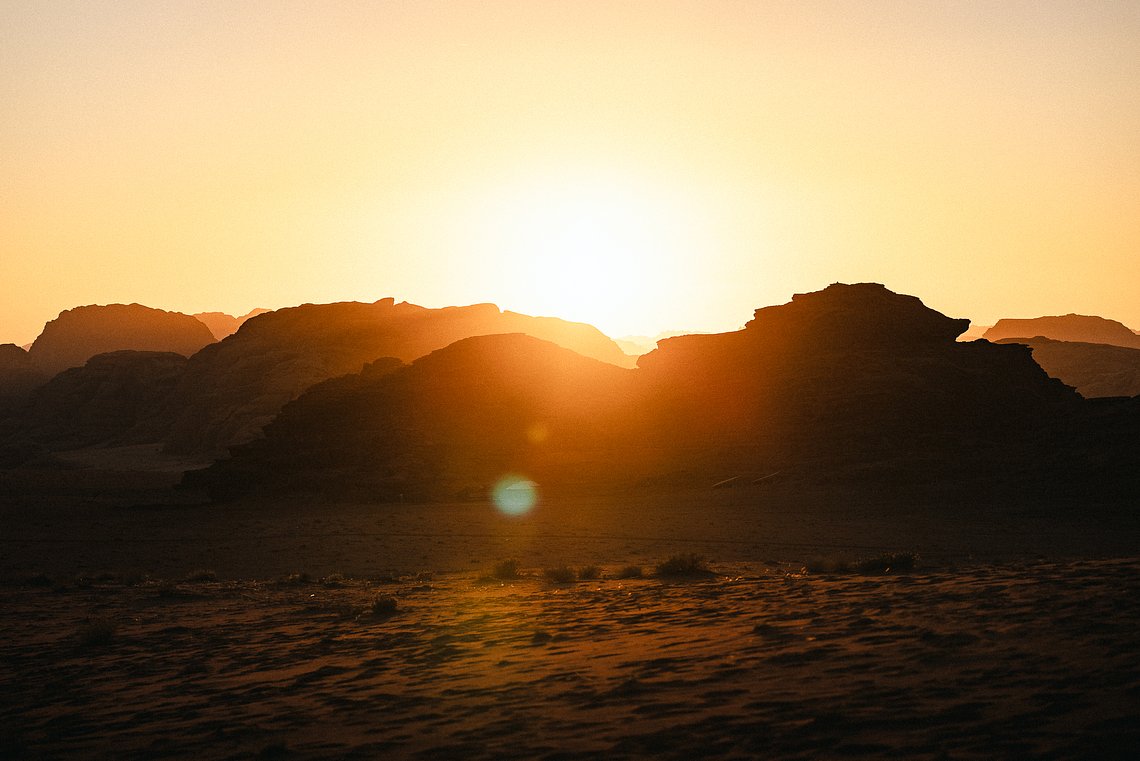
Fri 16 Feb 2024 • Liza Kershaw
impact stories: how to be powerful
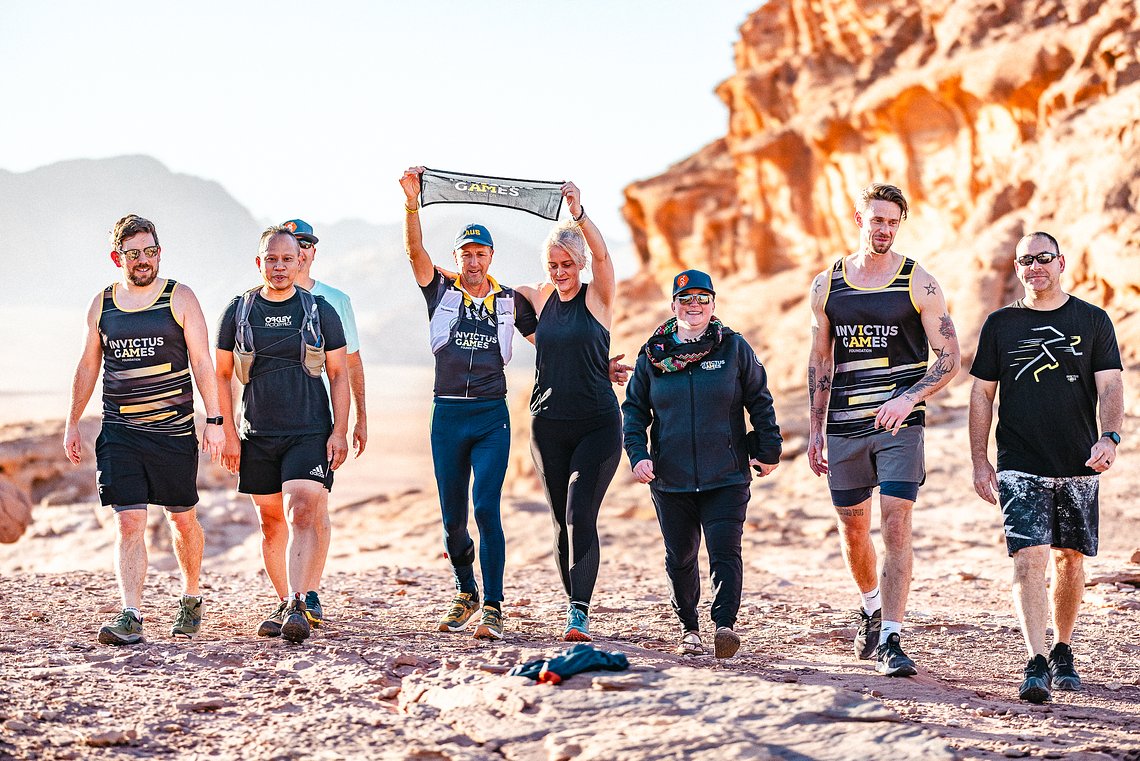
Thu 1 Feb 2024 • Nick Kershaw
Empowering Strides: Unveiling the World’s Most Powerful Races in 2024
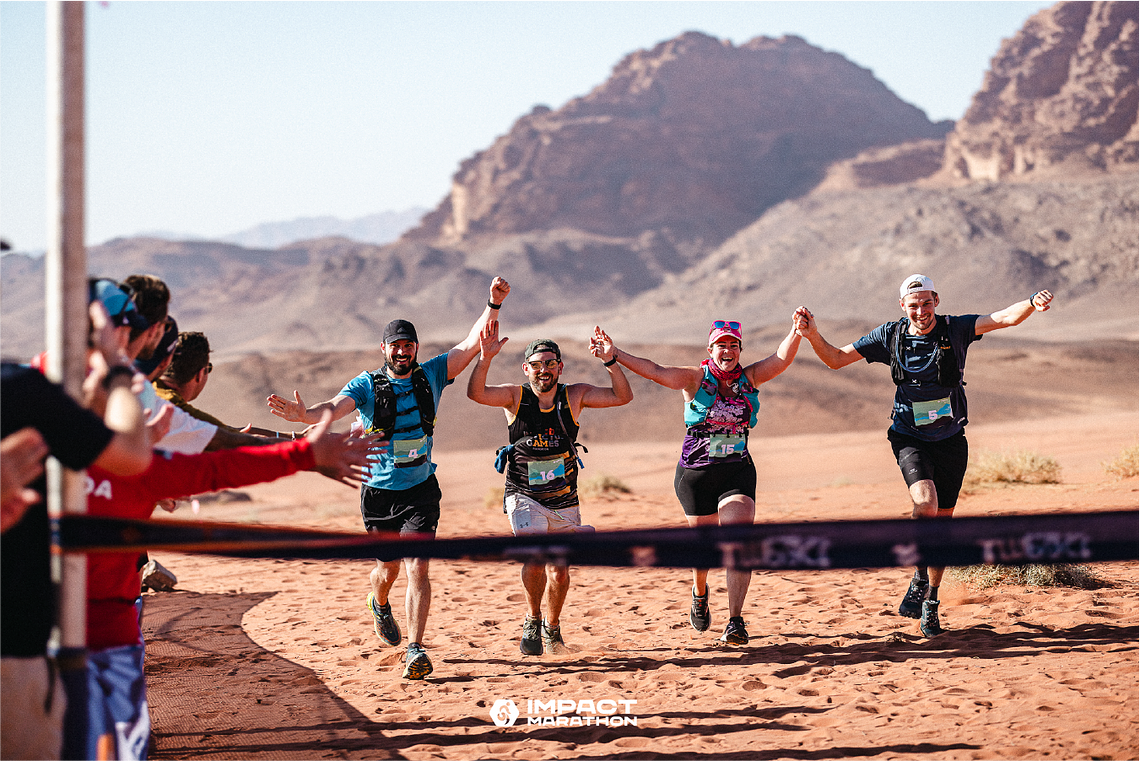
Wed 27 Dec 2023 • Nick Kershaw
Echoes of Impact: A Reflective Journey Through 2023's Races and Beyond
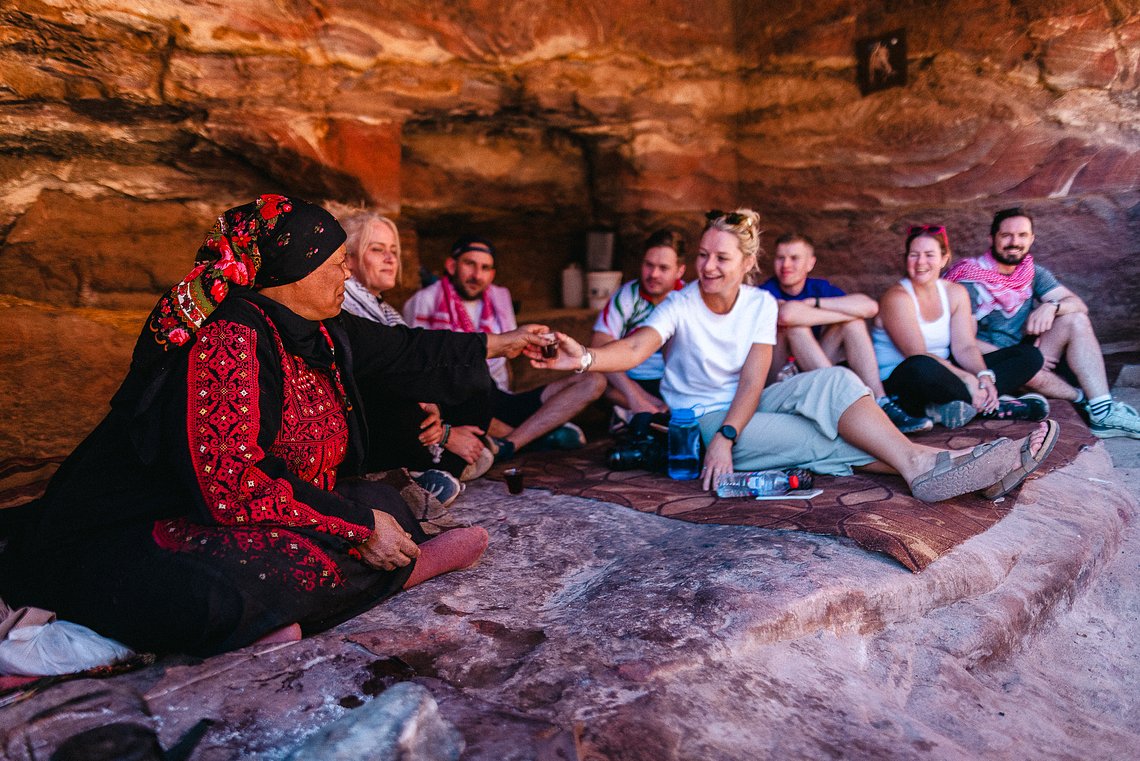
Thu 14 Dec 2023 • Nick Kershaw
Petra Reimagined: A Testament to Resilience and Solidarity with Impact Marathon
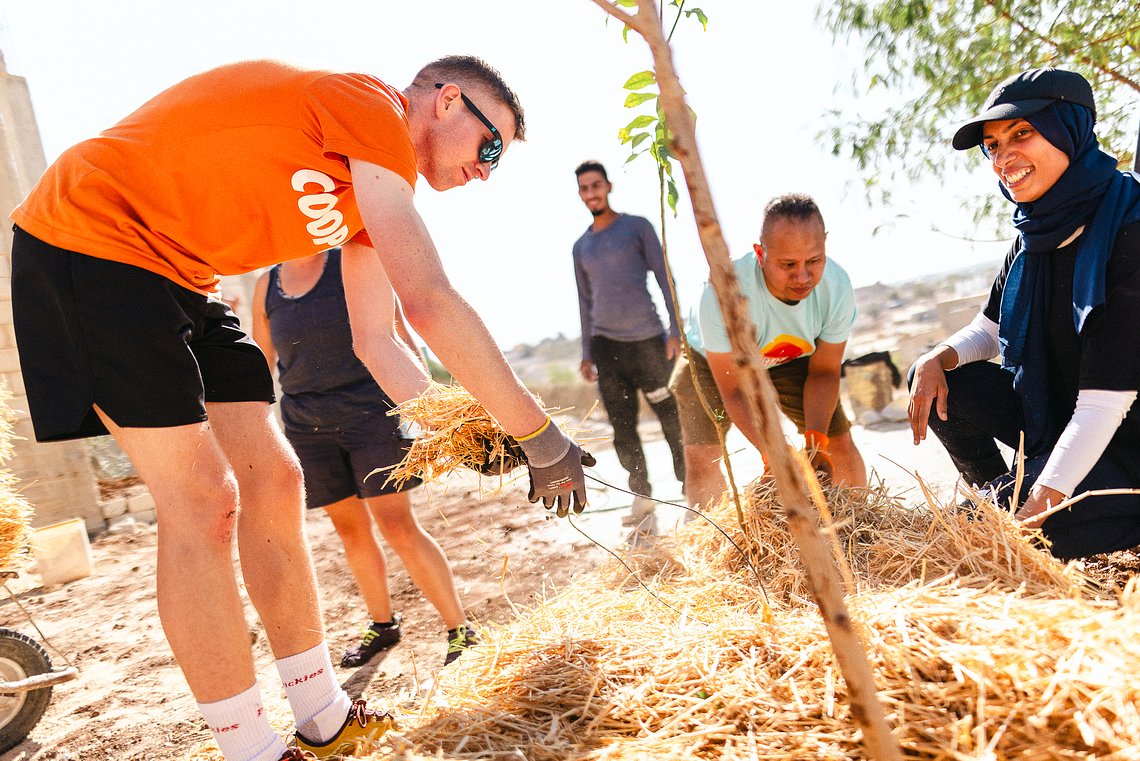
Thu 7 Dec 2023 • Nick Kershaw
Turn a desert green? That's Impossible!
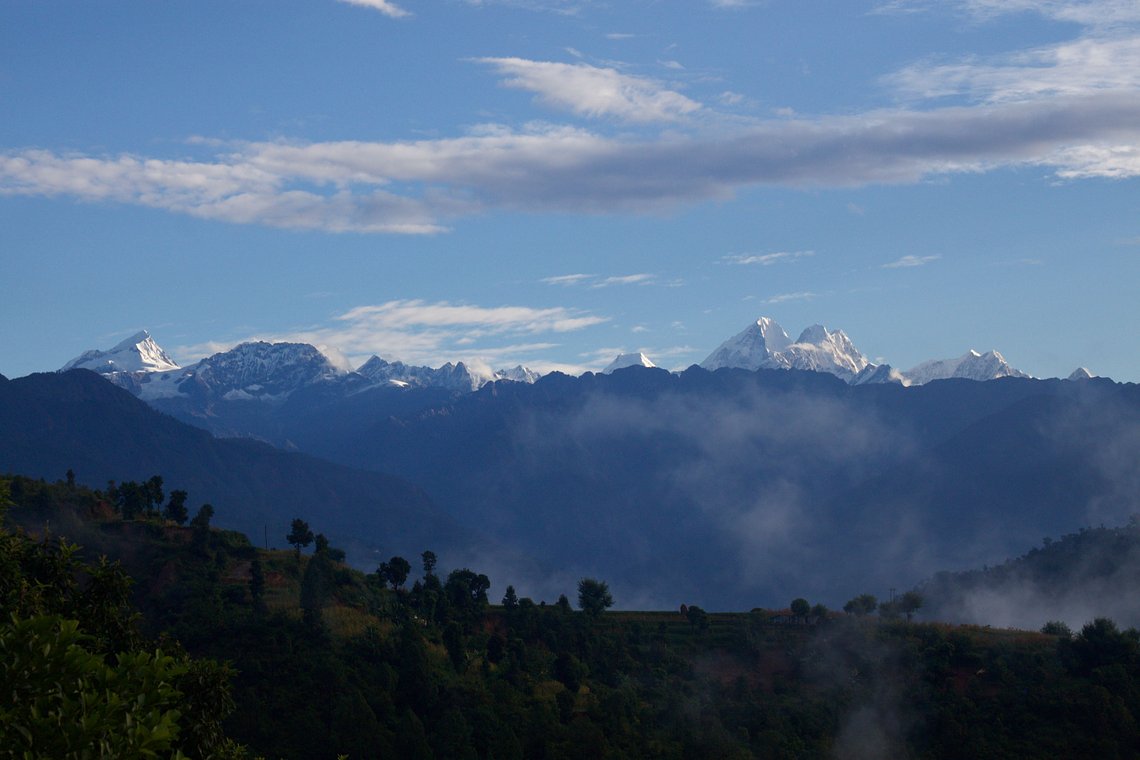
Tue 24 Oct 2023 • Liza Kershaw
PODCAST: The Crevasse
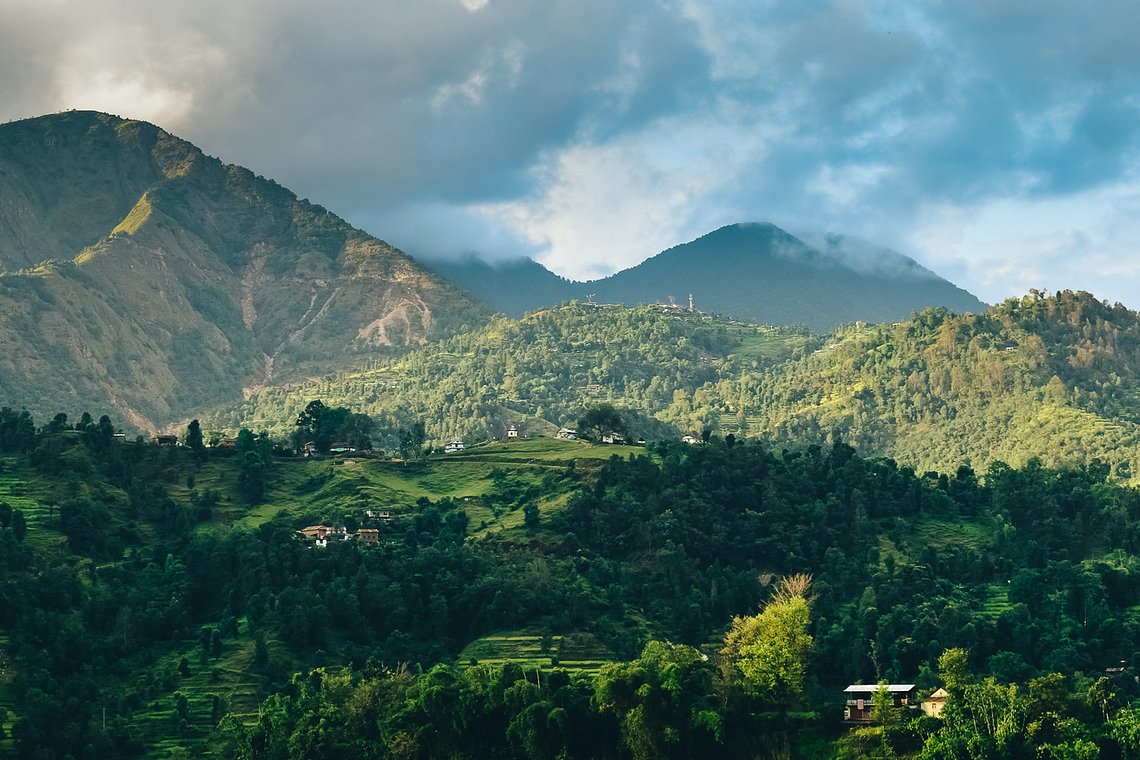
Mon 23 Oct 2023 • Liza Kershaw
PODCAST: From Turning Points to Learning Points
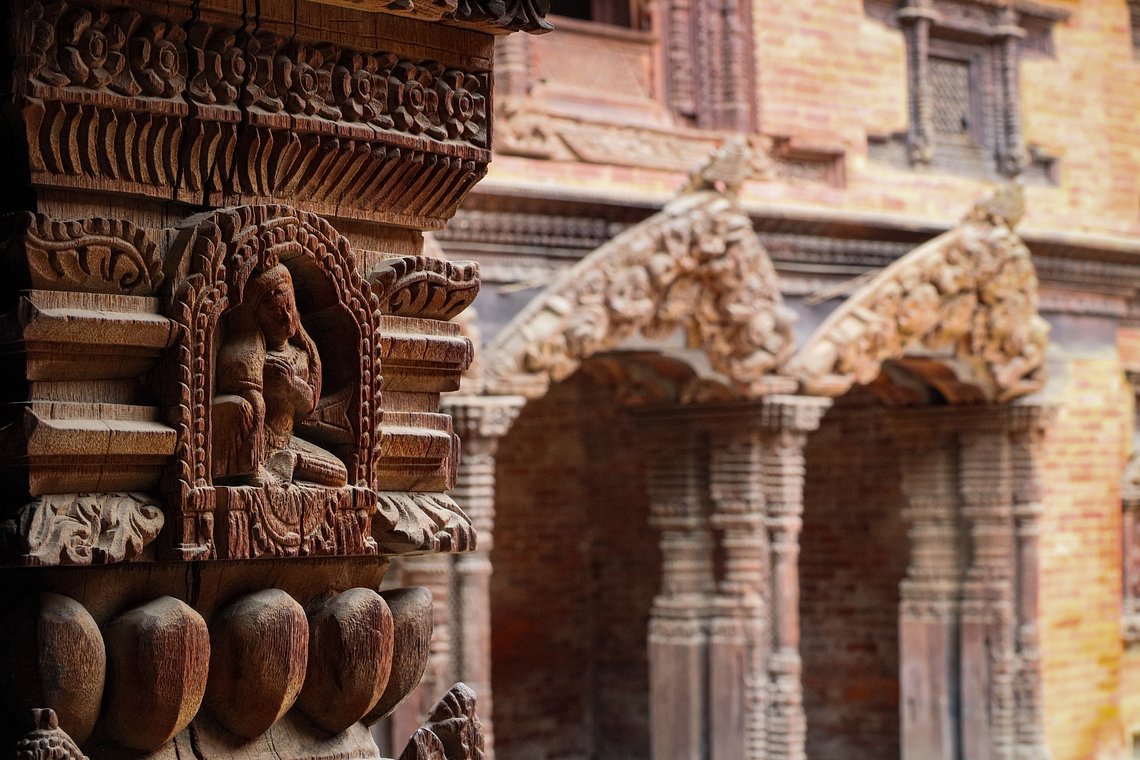
Sat 21 Oct 2023 • Liza Kershaw
PODCAST: How Just ONE Meeting Changes Everything
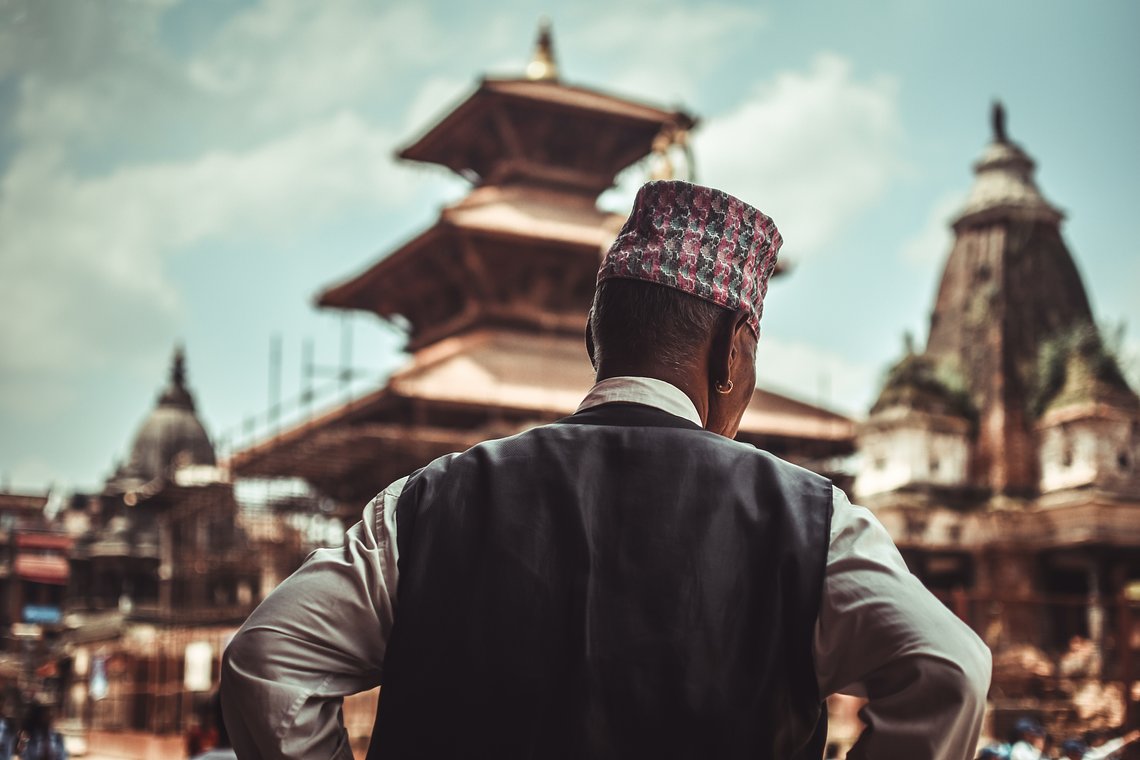
Fri 20 Oct 2023 • Liza Kershaw
PODCAST: Starting from Zero in Kathmandu
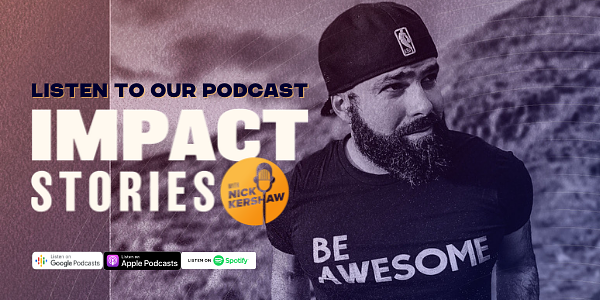
Thu 19 Oct 2023 • Liza Kershaw
PODCAST: The Unfolding Origin of Impact Marathons
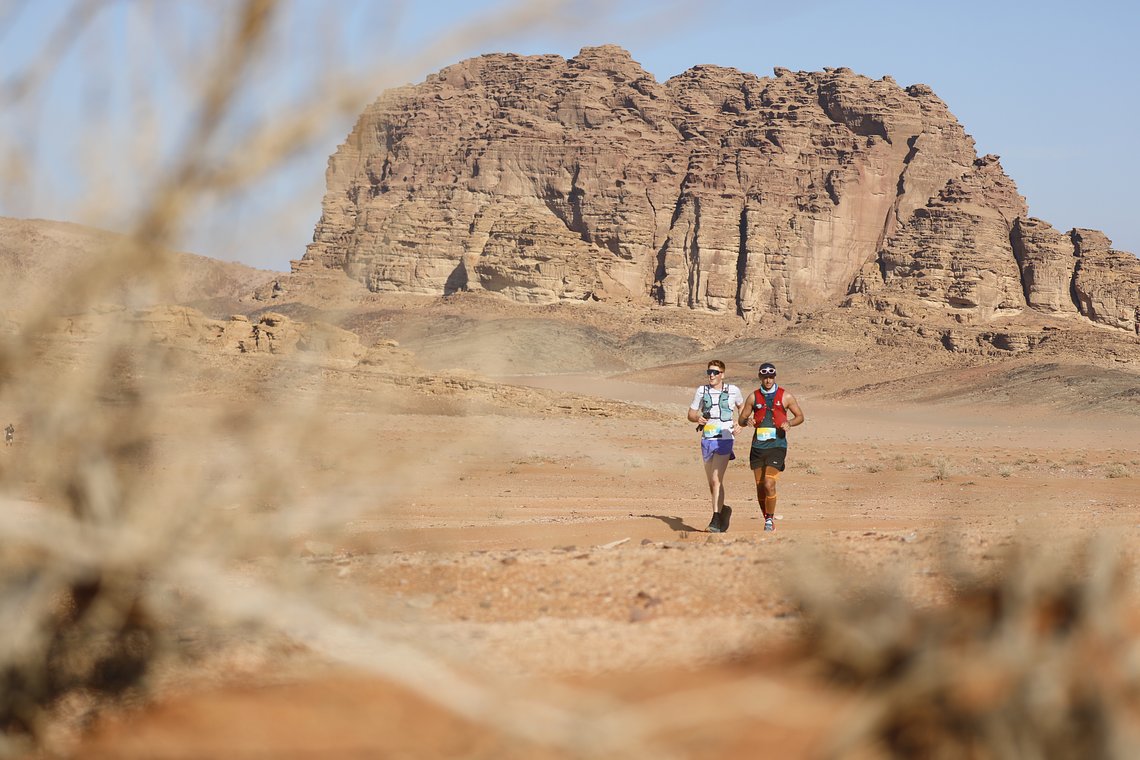
Mon 16 Oct 2023 • Nick Kershaw
A Bucket-List Marathon: Why Jordan Should Be Your Next Running Destination
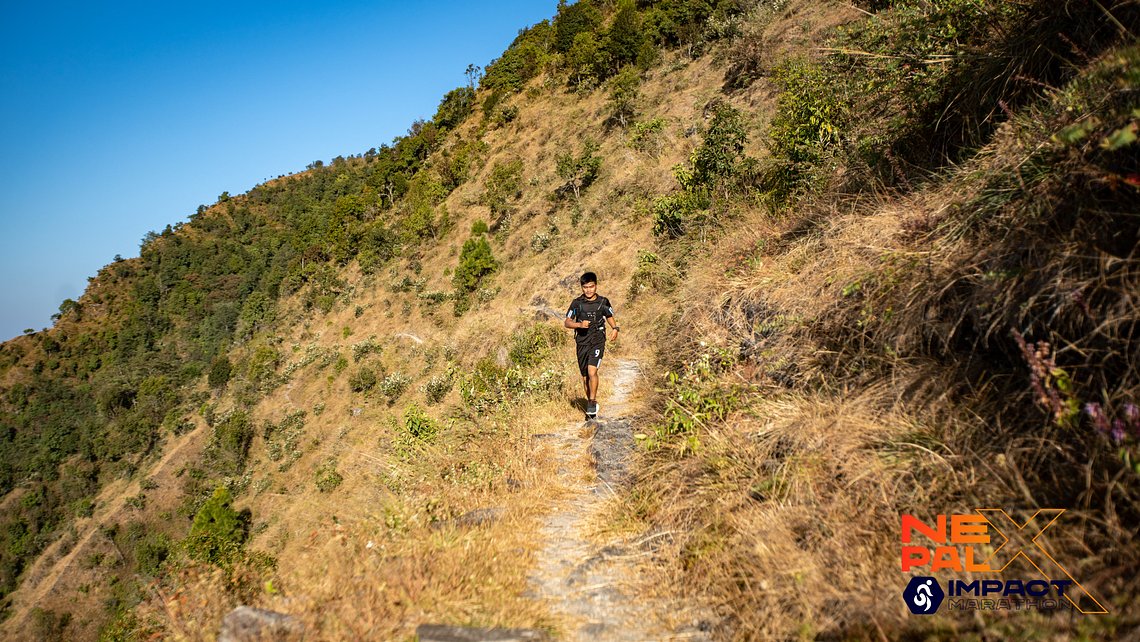
Thu 12 Oct 2023 • Nick Kershaw
5 Reasons the Nepal Impact Marathon Is More Than Just a Race

Tue 26 Sep 2023 • Nick Kershaw
Regenerative Travel and the Nepal Impact Marathon: Running for a Better World
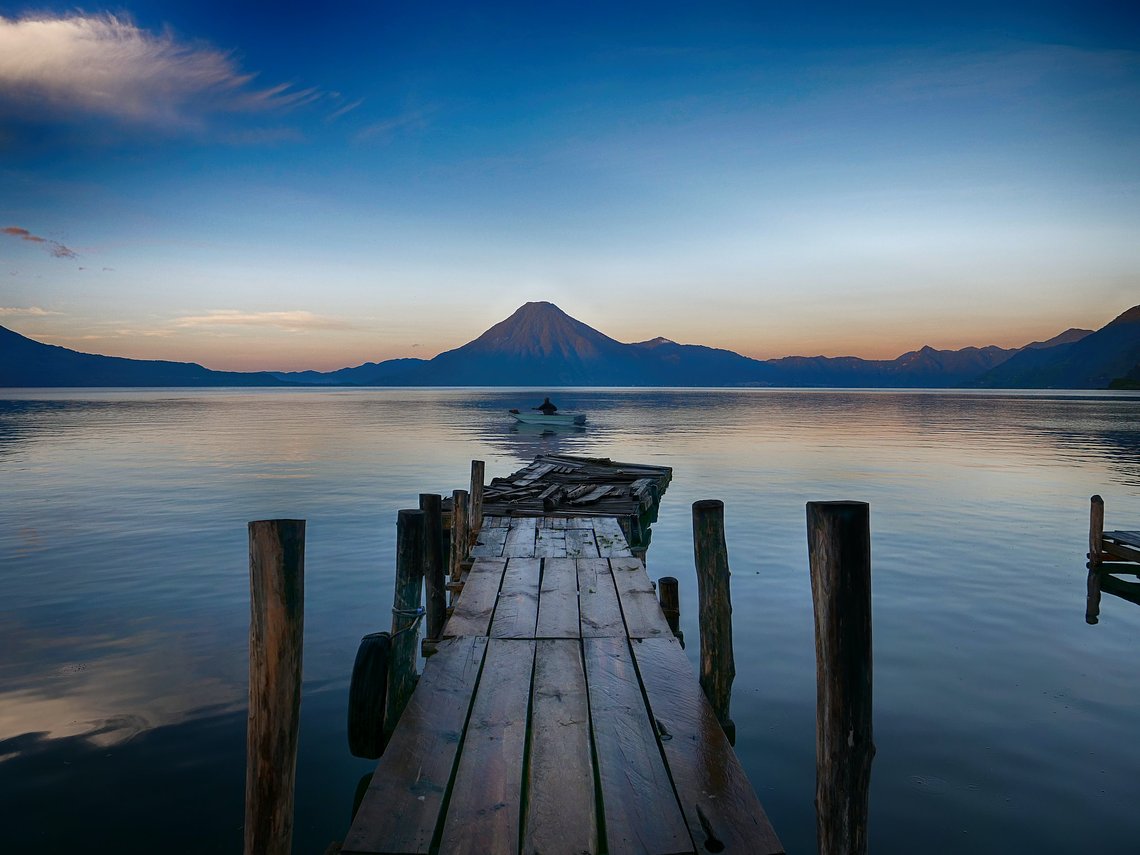
Mon 18 Sep 2023 • Nick Kershaw
Why Guatemala Is the Perfect Adventure Destination for U.S. Trail Runners
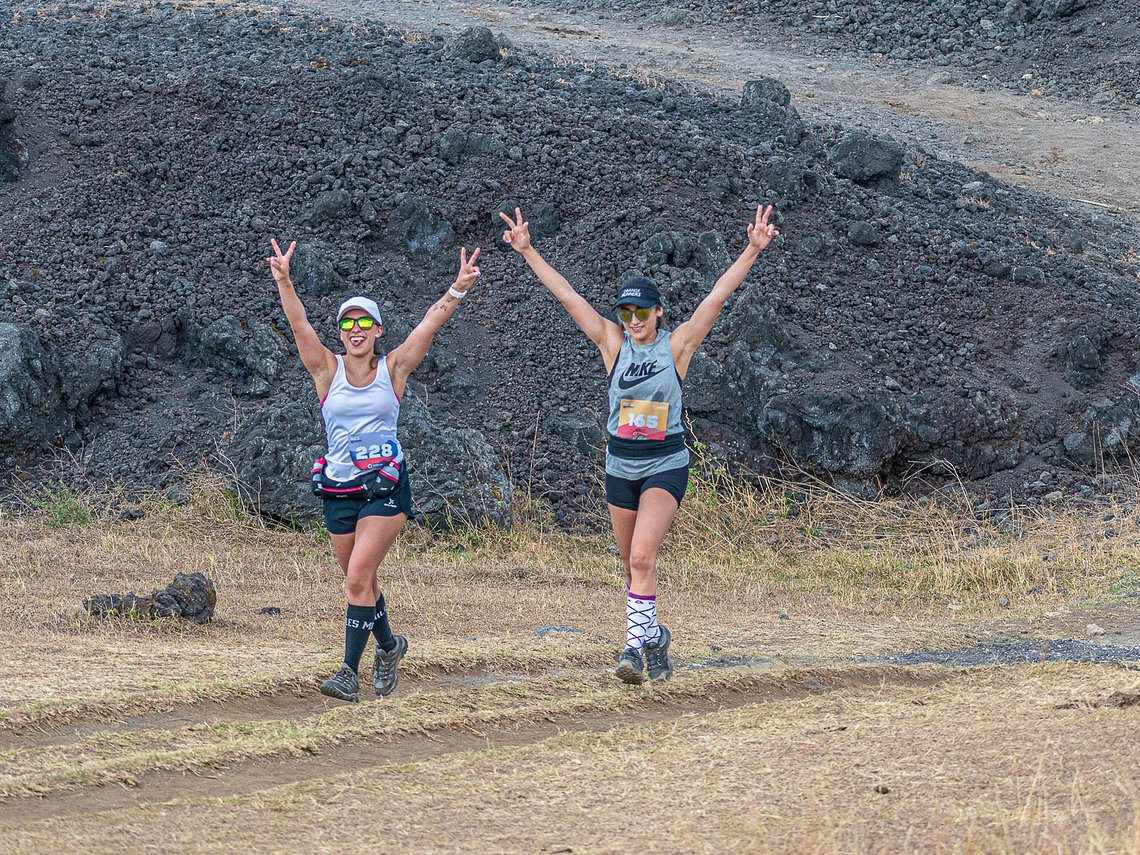
Thu 7 Sep 2023 • Nick Kershaw
Why Team Up For the Guatemala Impact Marathon?
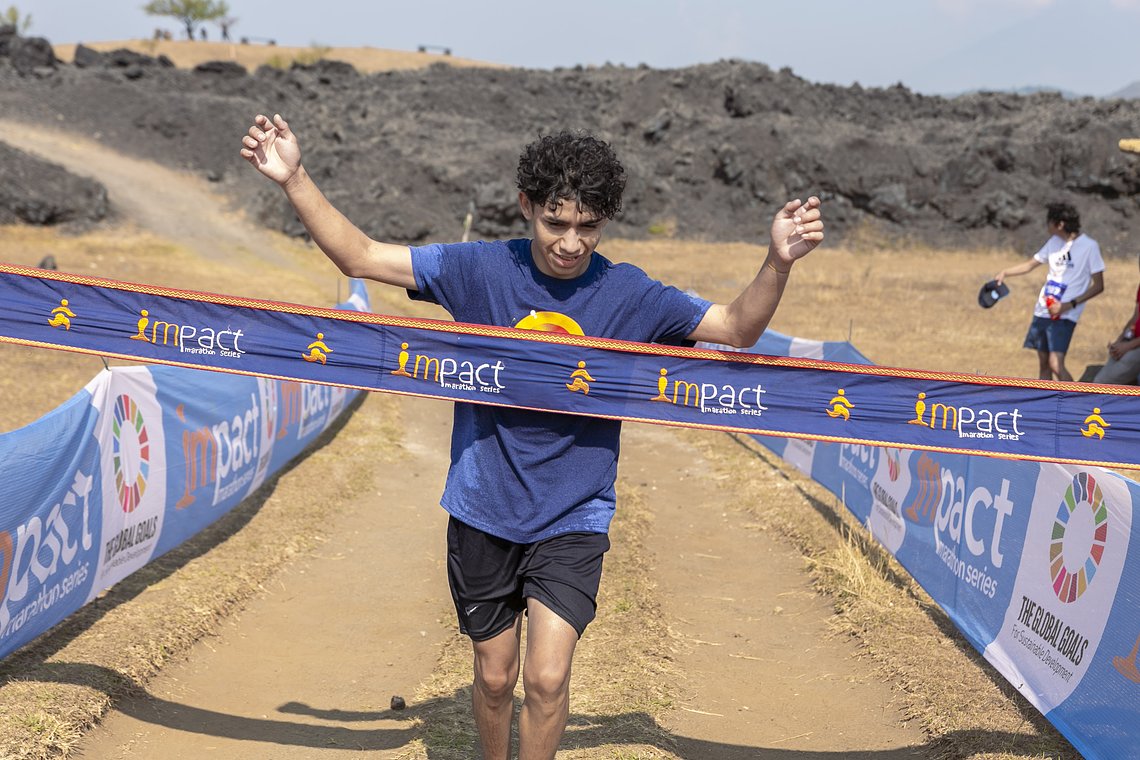
Tue 5 Sep 2023 • Nick Kershaw
Running with Purpose: The Synergistic Impact of SERES, Youth Leadership, and the Guatemala Impact Marathon
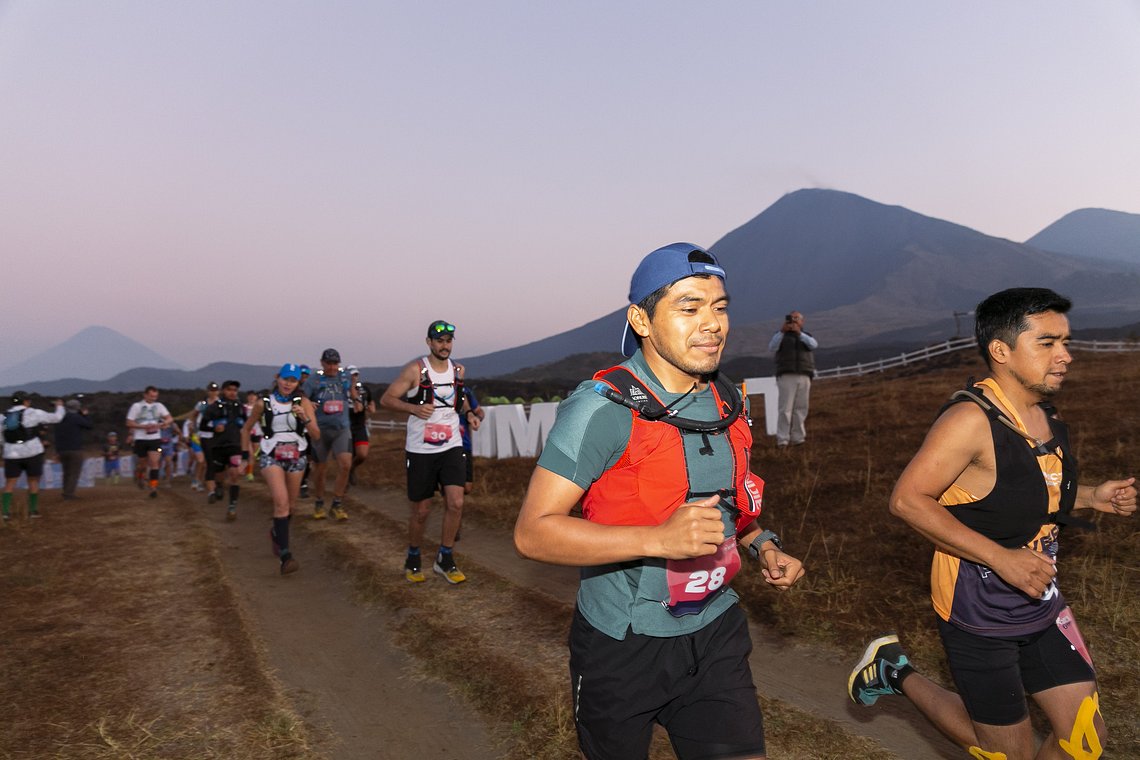
Thu 31 Aug 2023 • Nick Kershaw
Adapting to Tropical Conditions: An Evidence-Based Approach to Training for International Marathons

Tue 29 Aug 2023 • Nick Kershaw
A Beginner's Guide to International Marathons: Why Start with Guatemala
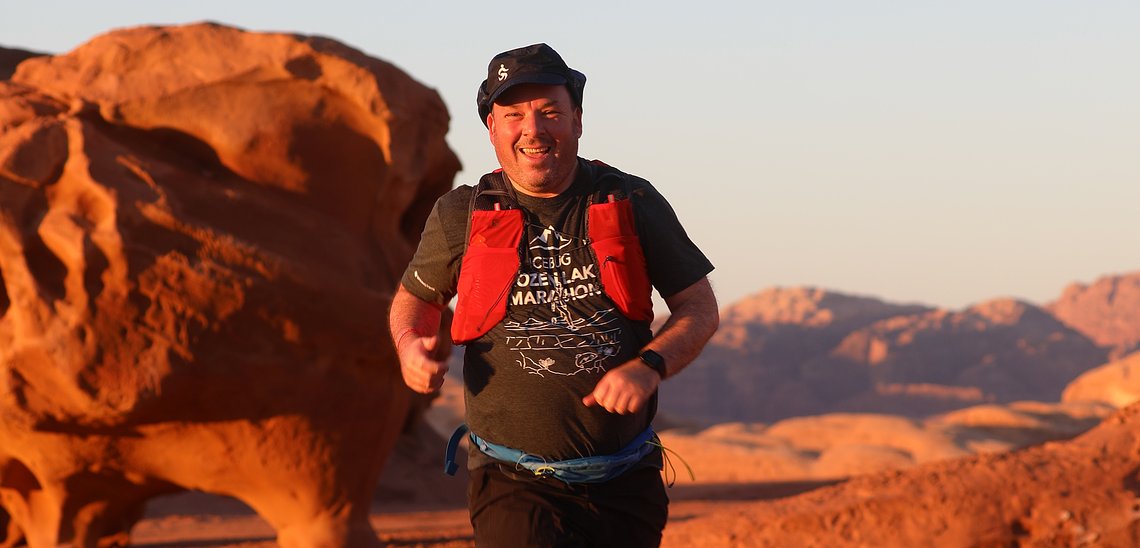
Thu 10 Aug 2023 • Nick Kershaw
Running with purpose: the Jordan Impact Marathon partners with the Invictus Games Foundation

Fri 14 Jul 2023 • Nick Kershaw
Lessons from Love Trails: Celebrating Obsession with Experience Creation in the World of Running Events
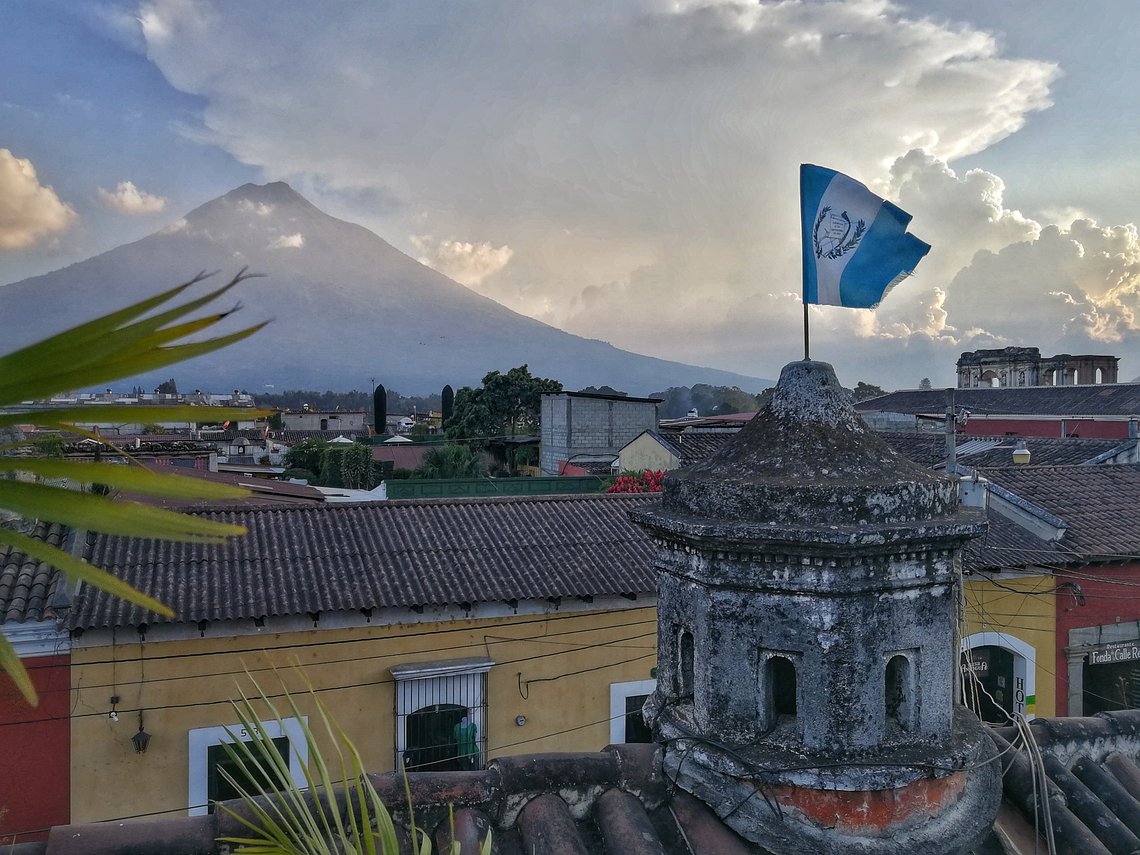
Fri 23 Jun 2023 • Nick Kershaw
Exploring the Enchanting History of Antigua: Our Home for the 7th Guatemala Impact Marathon
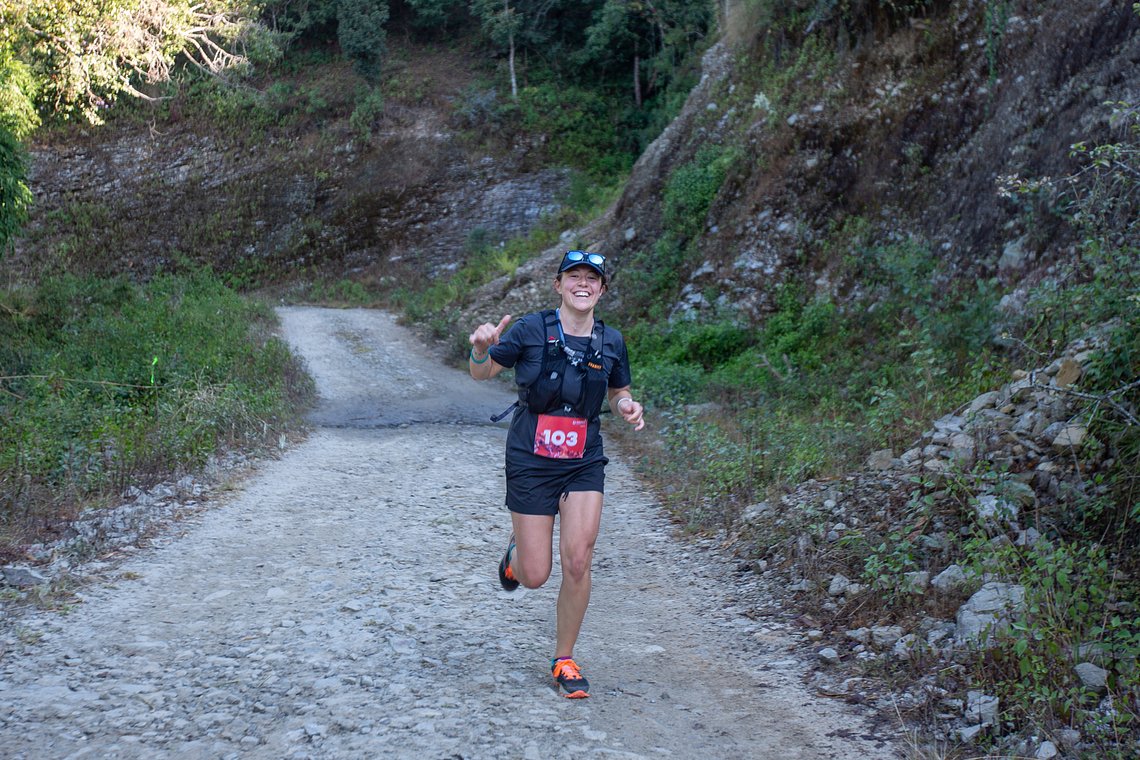
Tue 20 Jun 2023 • Nick Kershaw
Run the Extra Mile: Impact Marathons and the Journey to Social Change
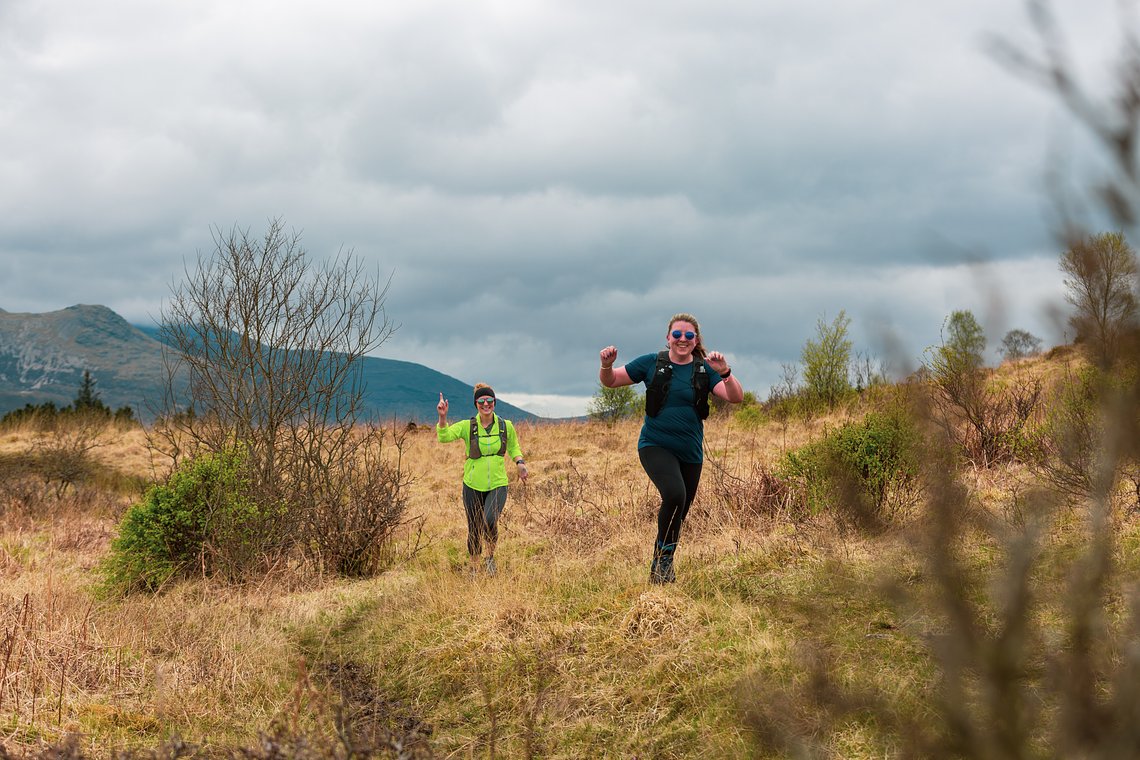
Mon 19 Jun 2023 • Nick Kershaw
Women on the start line: Integrating SheRaces into our Impact Marathons
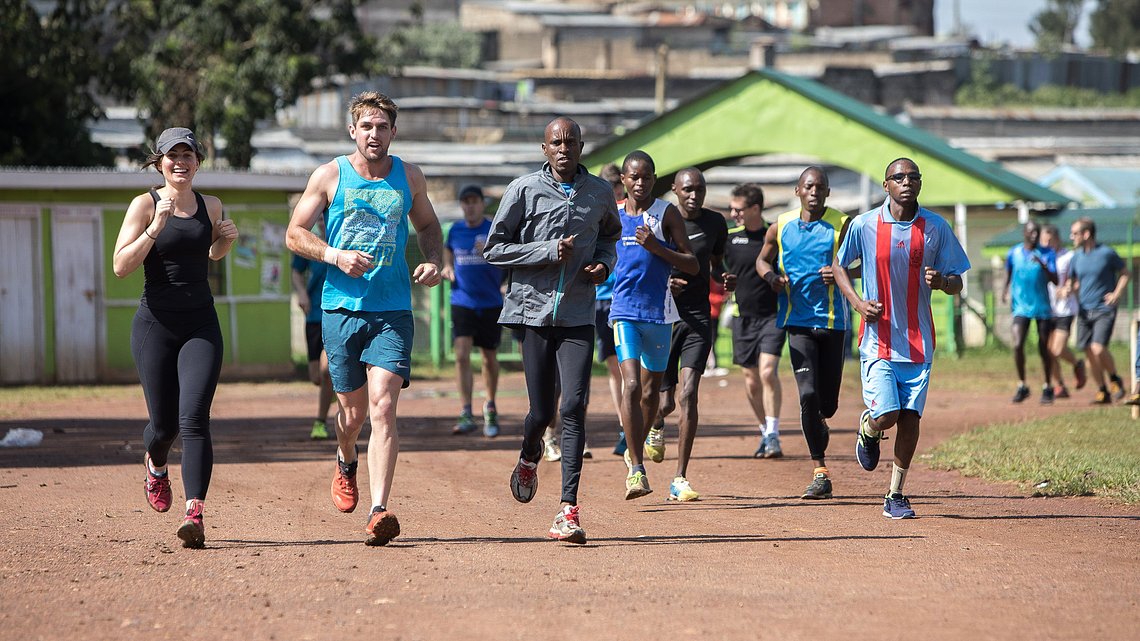
Thu 25 May 2023 • Dave Melody
Why Impact Marathons are changing the face of global charity events

Wed 18 Jan 2023 • Nick Kershaw
ChatGPT wrote a poem about our run in Guatemala...
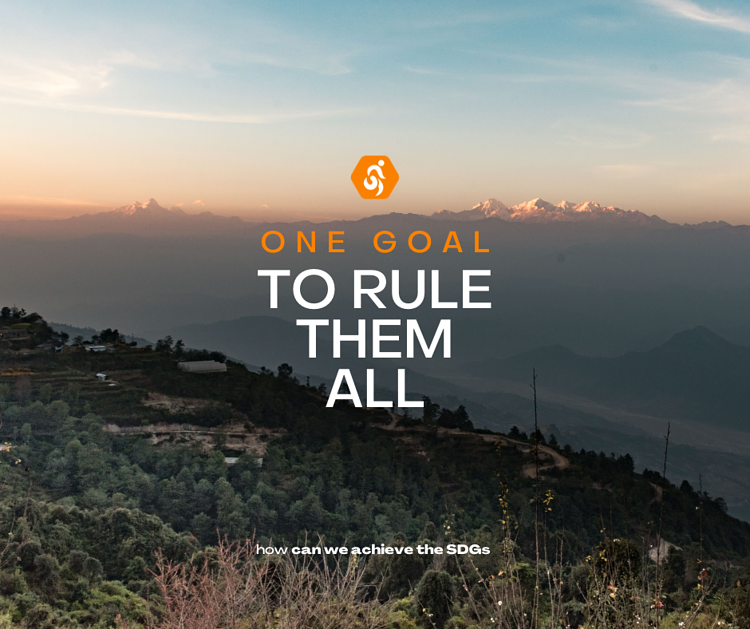
Wed 21 Jul 2021 • Nick Kershaw
One goal to rule them all : A lesson learnt in our pursuit of The Global Goals

Tue 15 Jun 2021
Dropping pebbles, investing in yourself and making an impact

Fri 12 Feb 2021
Introducing: Impact Stories with Nick Kershaw
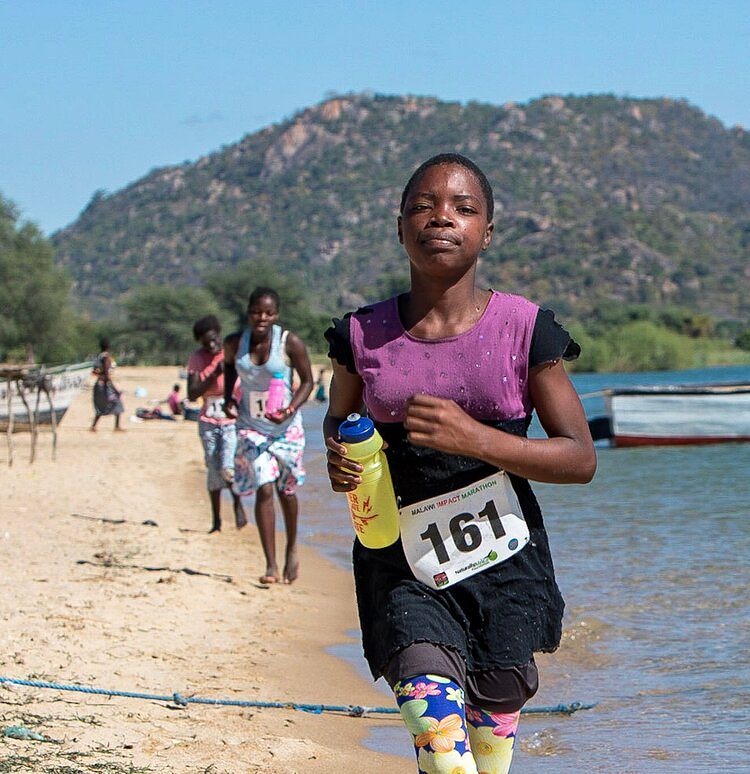
Fri 12 Feb 2021
Going Green in Malawi: An unexpected challenge
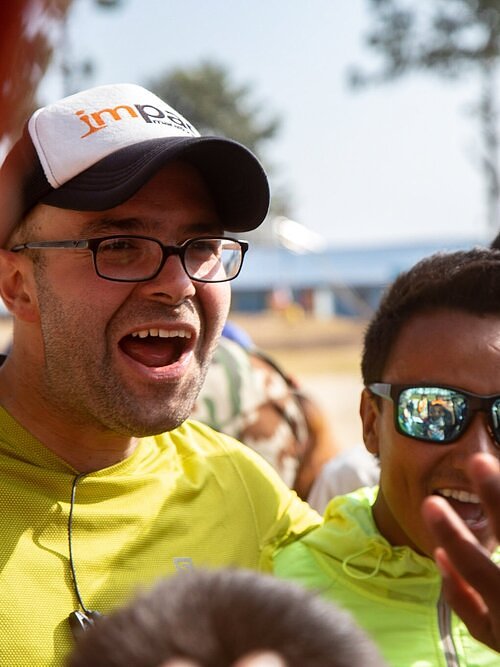
Fri 12 Feb 2021
Impact 101: Conversation with 'We Got The Runs' Podcast
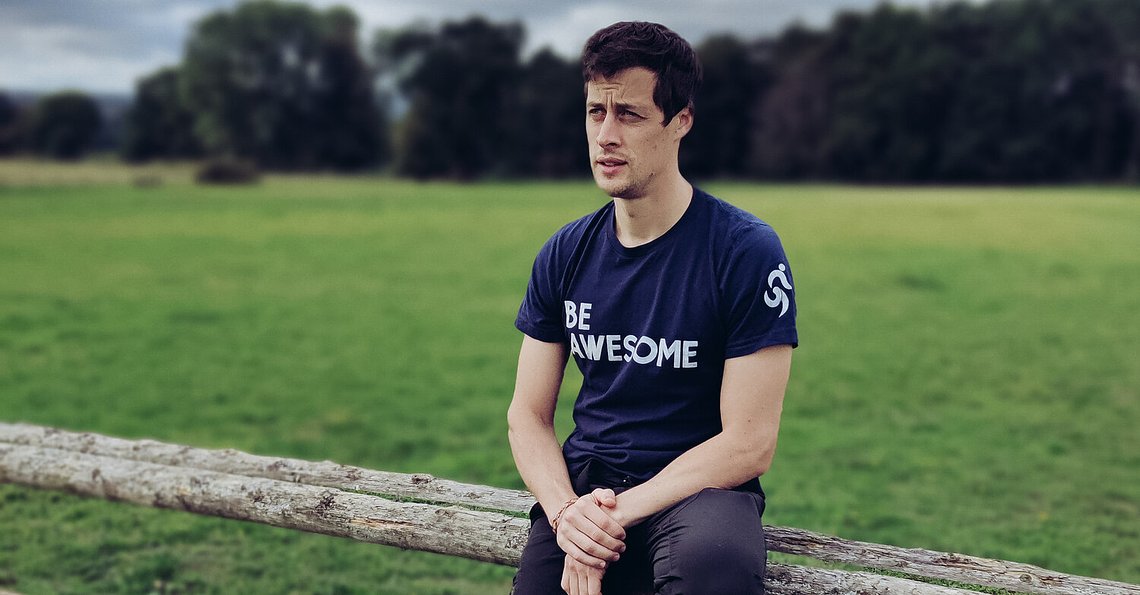
Fri 27 Nov 2020
Ultimate Gift Guide for the Ethical Runner
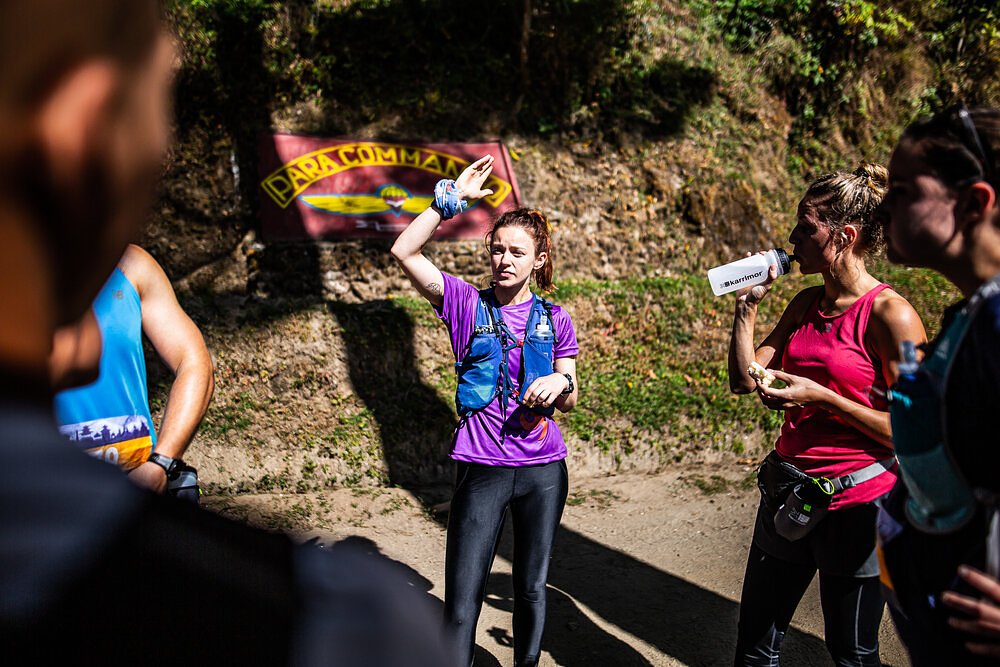
Mon 2 Nov 2020
How do you create a new race route? Meet the Impact Pyramid
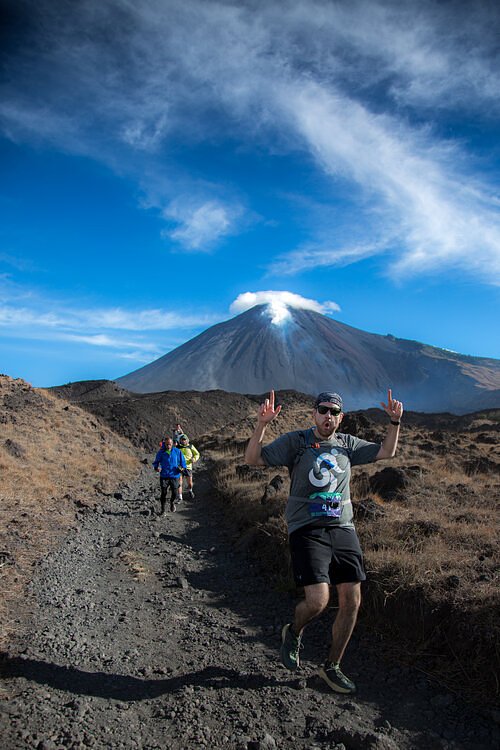
Thu 15 Oct 2020 • Dave Melody
4 ways to maximise your impact (that don't involve any running)
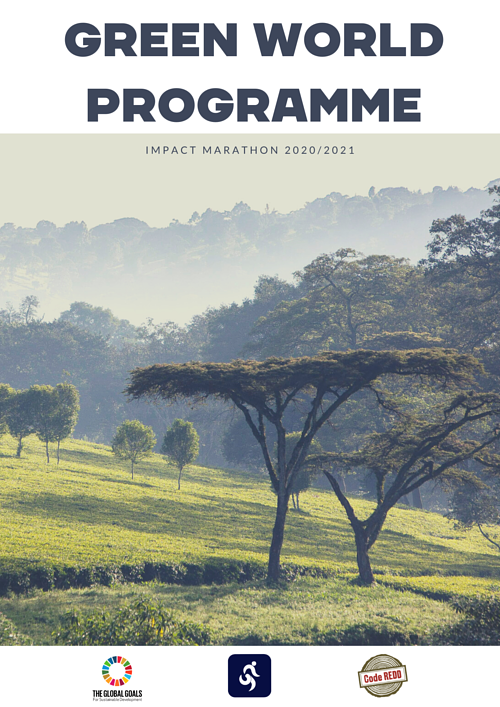
Sun 27 Sep 2020
Green World Programme x Impact Marathon
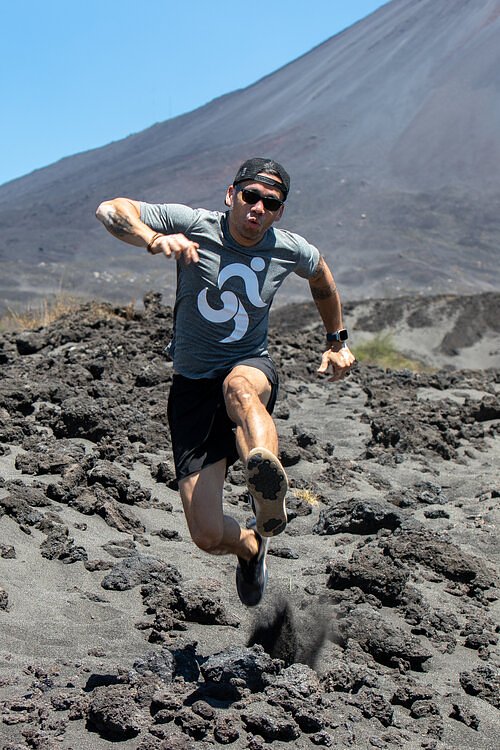
Thu 6 Aug 2020
Impact in 2020: Step sideways, to leap forward

Wed 15 Jul 2020
RunTalkRun x Impact Marathons: Global running movements join forces
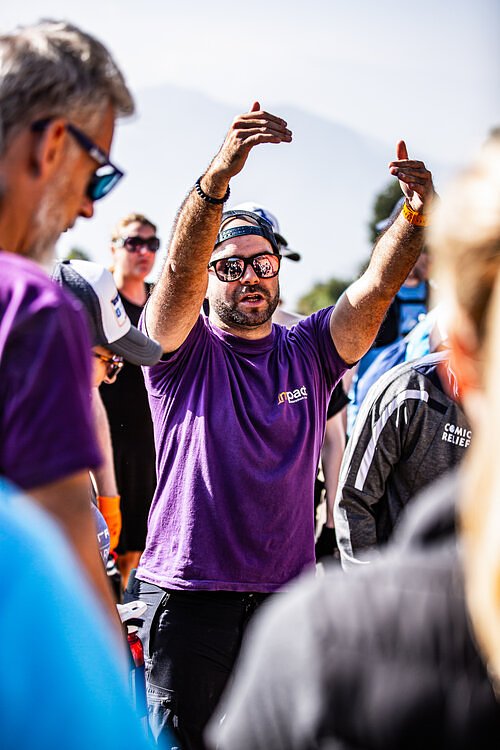
Tue 7 Jul 2020
How to be a change-maker - a conversation with the RunTalkRun podcast
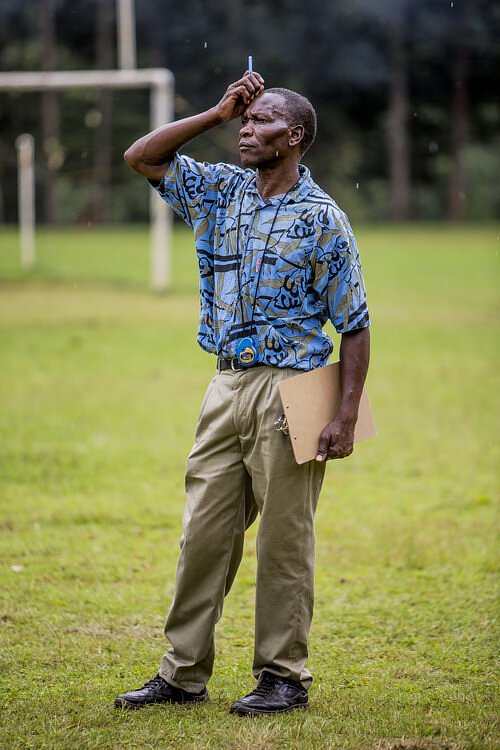
Fri 3 Jul 2020
Coach Gabriel's winning culture: How Kenyan world records are made
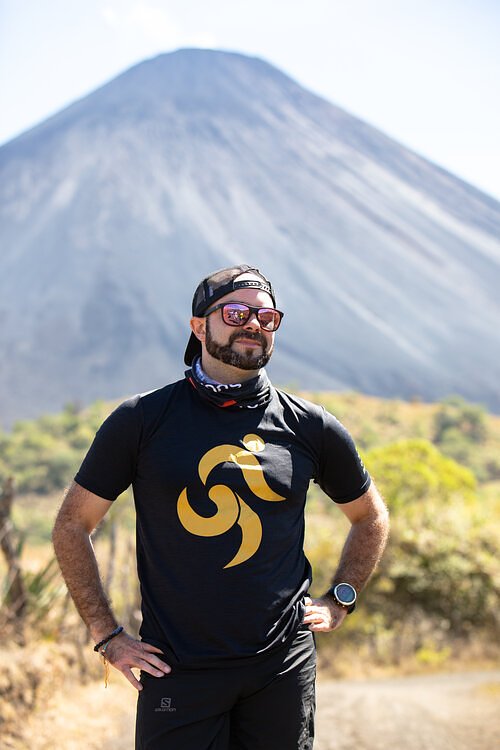
Wed 17 Jun 2020
Silent Motivations - A conversation with the Evossi Explore Show
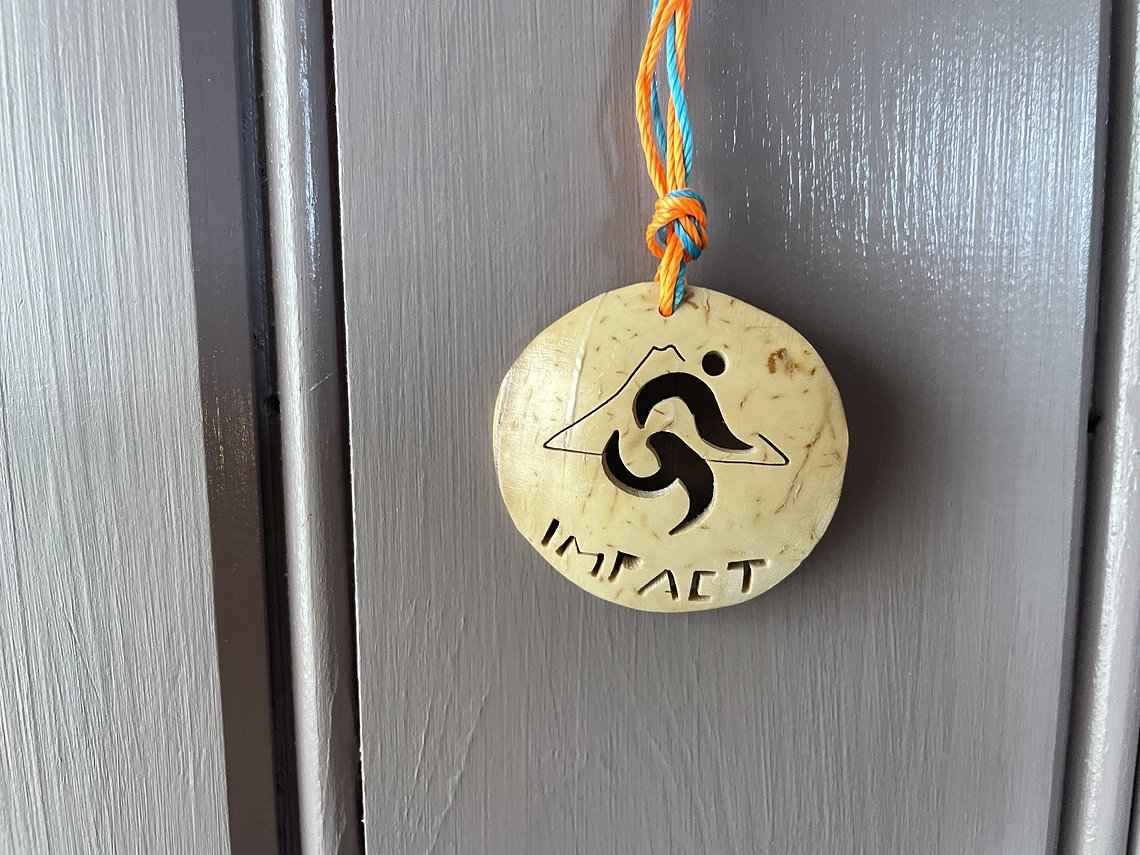
Mon 8 Jun 2020 • Nick Kershaw
What's in a medal? The story behind an Impact medal
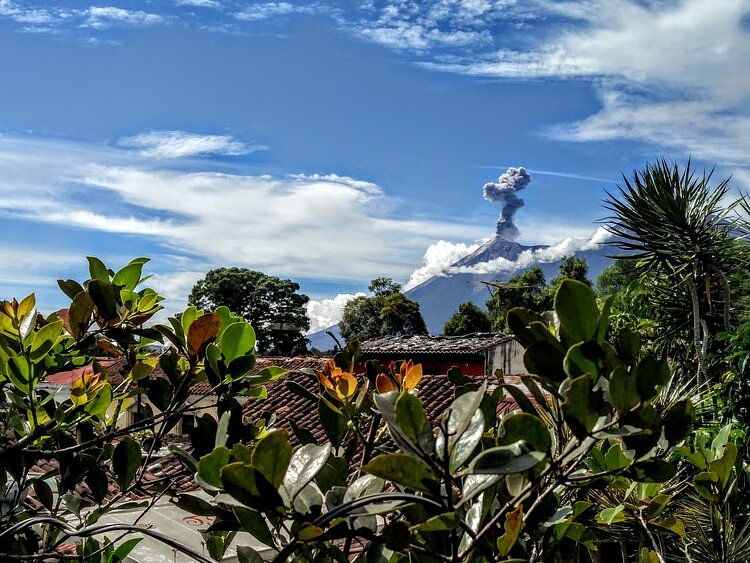
Thu 20 Feb 2020
Guatemala Impact Marathon: From dream to reality
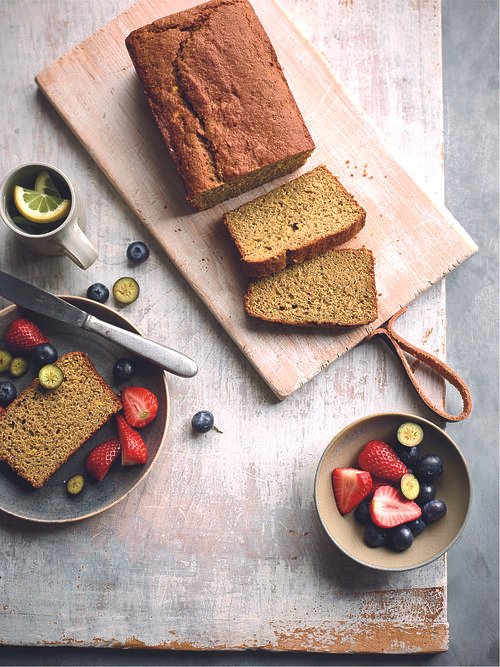
Sat 1 Feb 2020
Runners Recipes: Charlie Watson's Avocado Bread
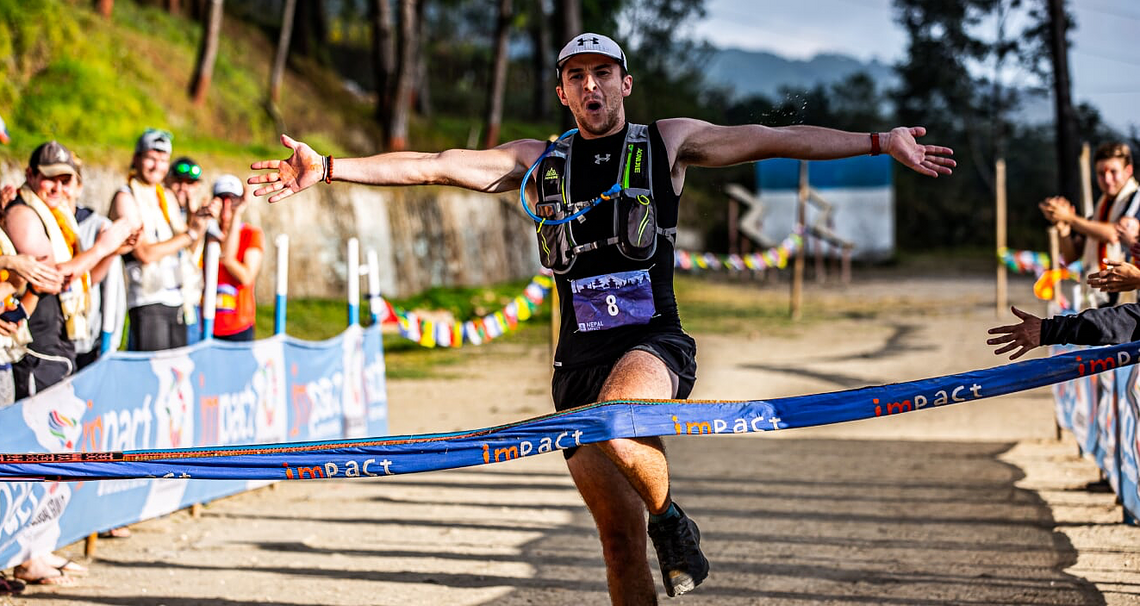
Fri 31 Jan 2020
Impact Runner Stories: Kit Garnett @ Nepal Impact Marathon 2019
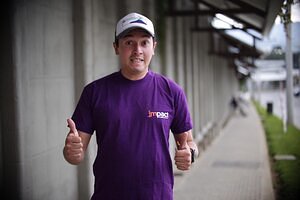
Tue 17 Dec 2019
Pablo: The main man of Guatemala Impact
Tue 29 Oct 2019
Kelsang: The unsung hero of Nepal Impact
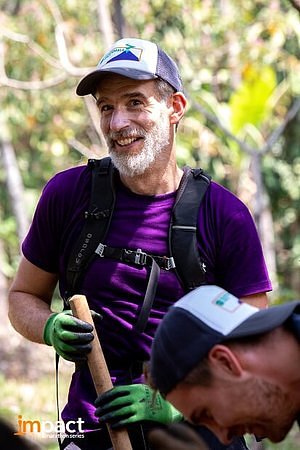
Wed 2 Oct 2019
Team Impact: Through the eyes of an investor
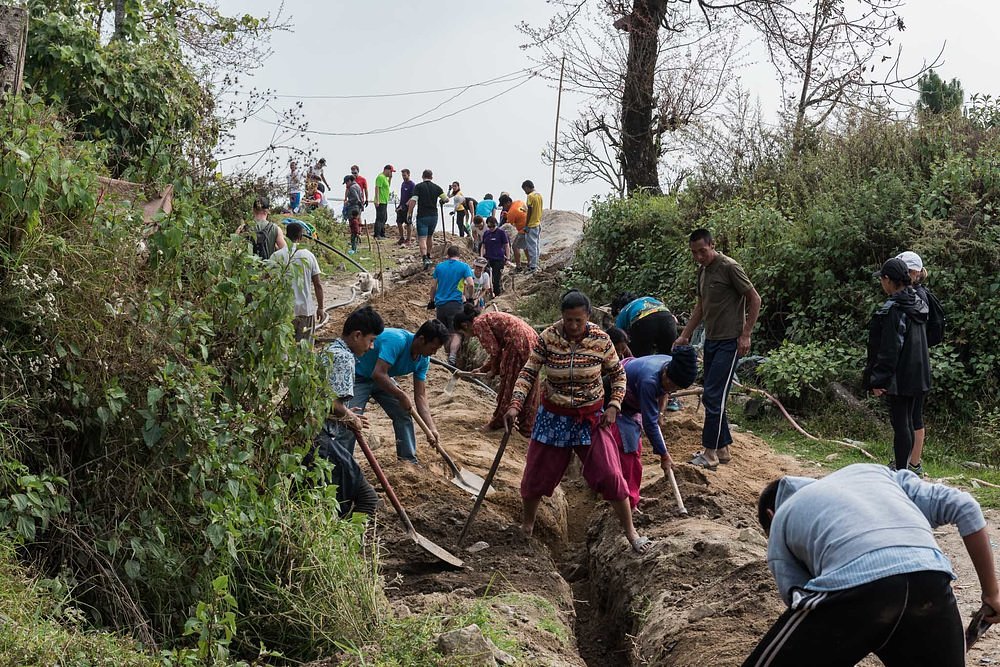
Mon 9 Sep 2019 • Nick Kershaw
It takes a village
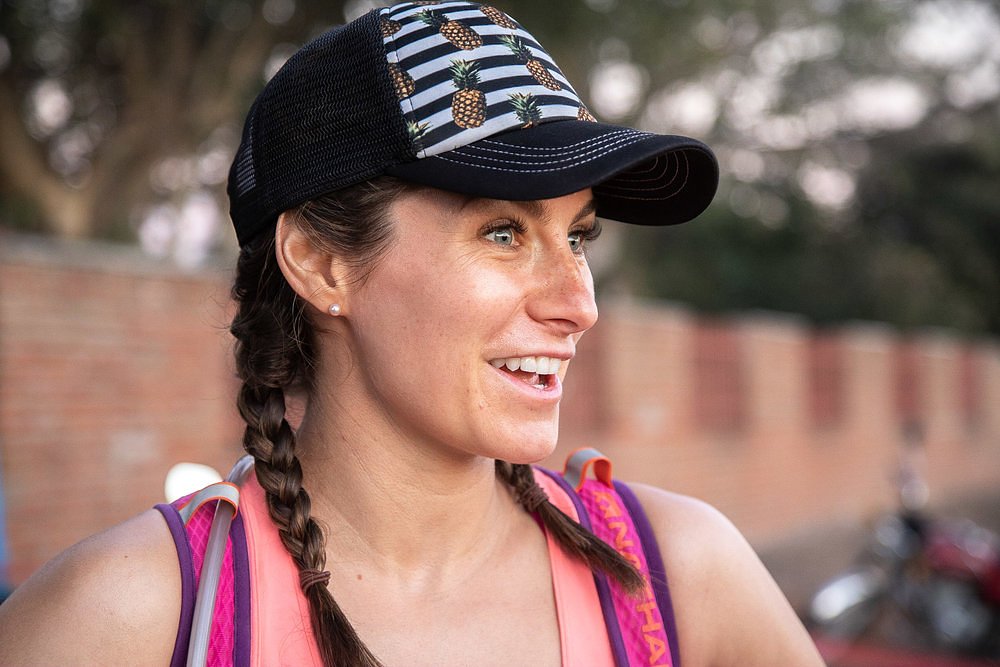
Thu 29 Aug 2019
Meet the storytellers
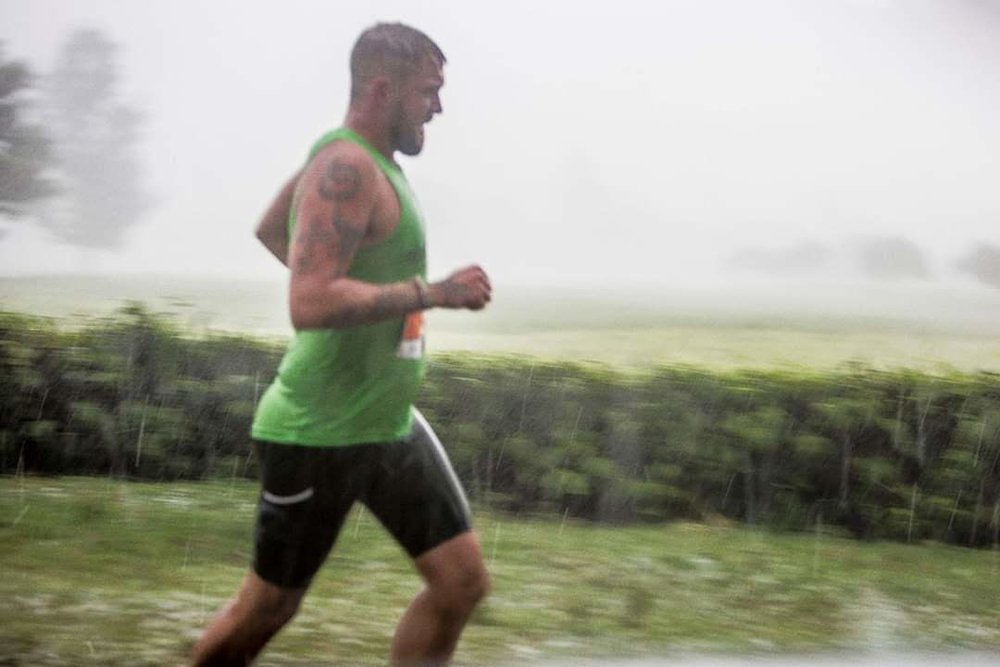
Wed 14 Aug 2019
Why a flash storm in Kenya is exactly what your company needs to thrive
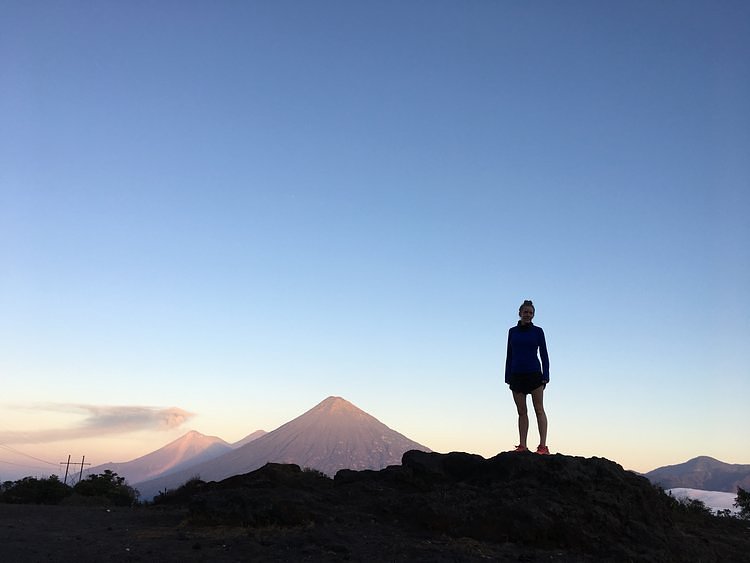
Wed 7 Aug 2019
Team Impact: Through the eyes of our volunteers
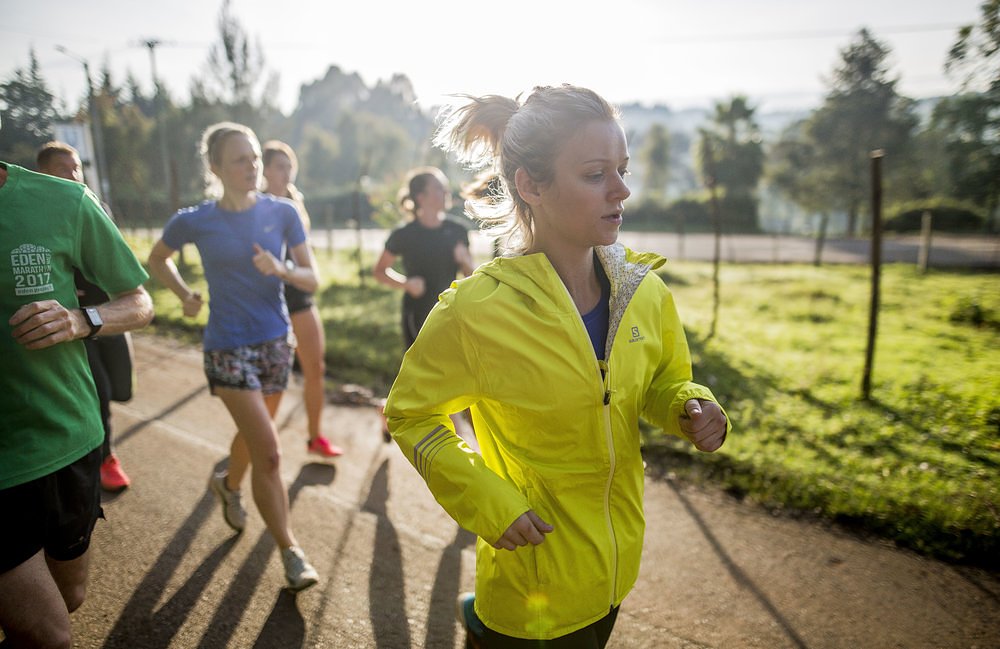
Tue 16 Jul 2019
Nepal Impact 2019 to be led by an all-female race director team
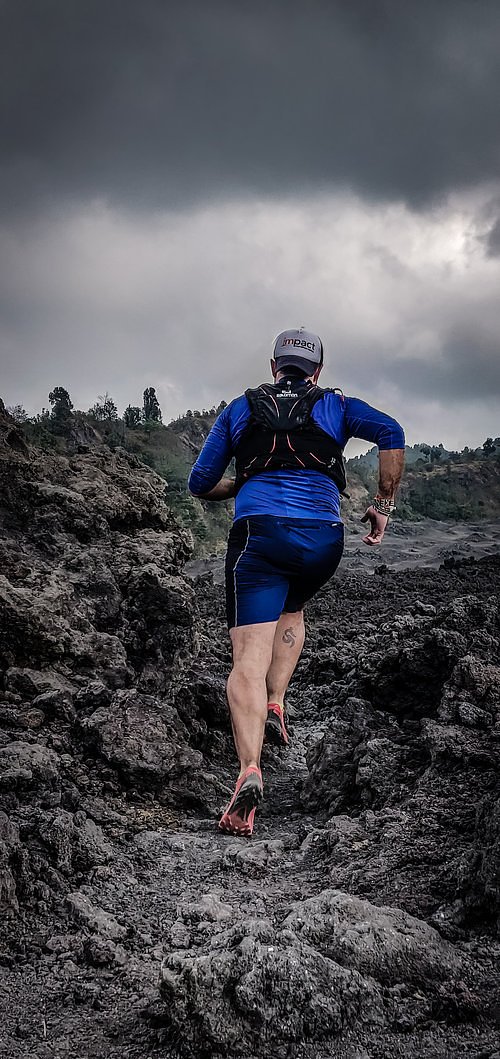
Mon 4 Feb 2019
4 reasons to run up an active volcano
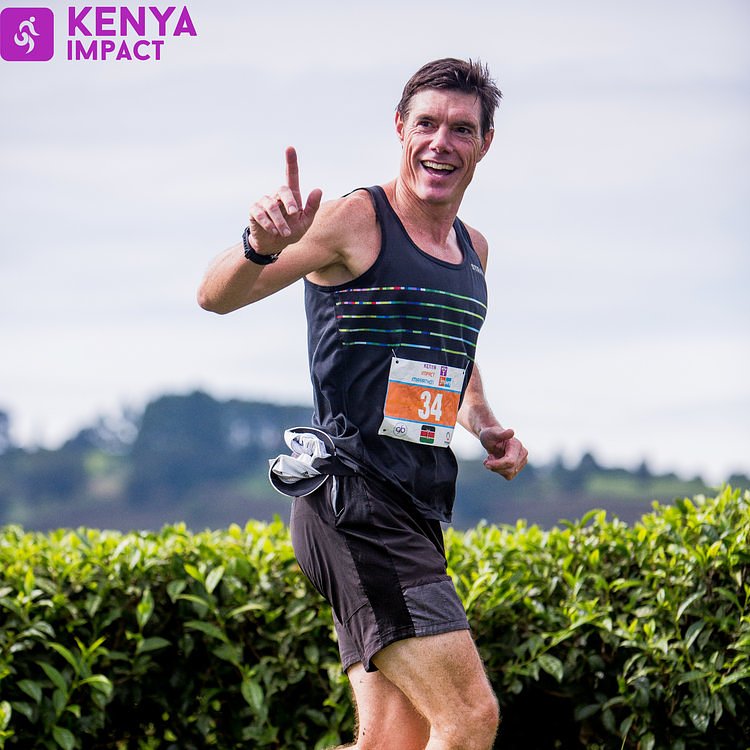
Tue 8 Jan 2019
MarathonTalk - Martin's trip to Kenya
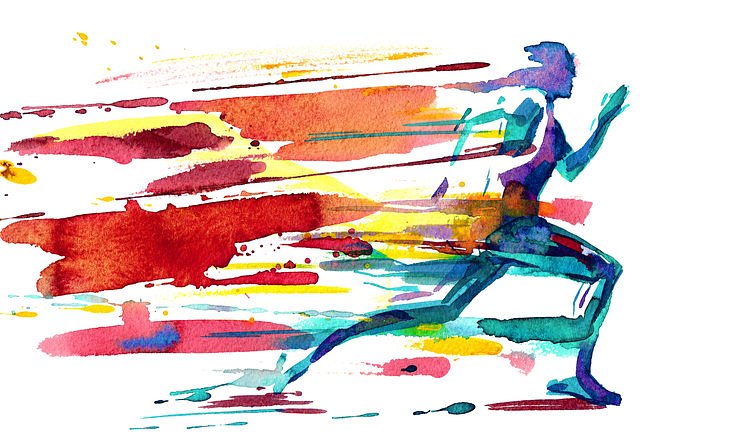
Wed 26 Dec 2018
The best brands for ethical running gear
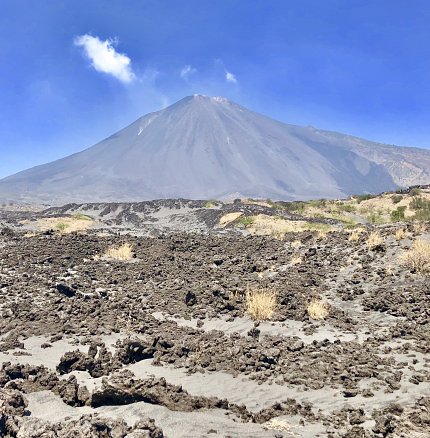
Wed 26 Dec 2018
A CALL TO ACTION FROM 'THRIVE WITH JOE'
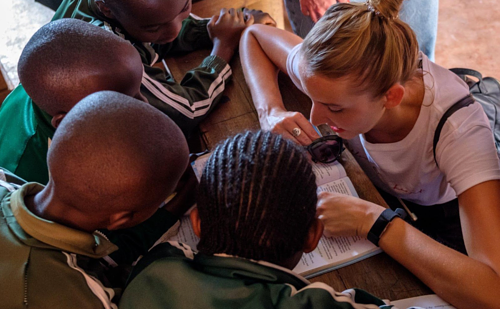
Wed 26 Dec 2018 • Nick Kershaw
Asante Sana, Kenya, For the Memories